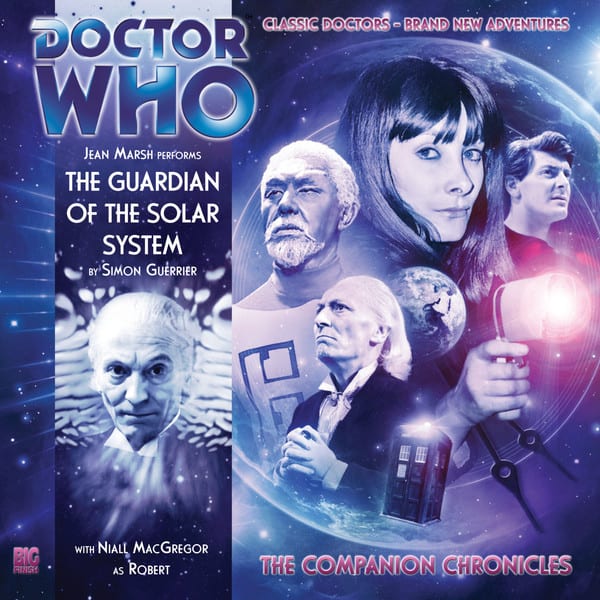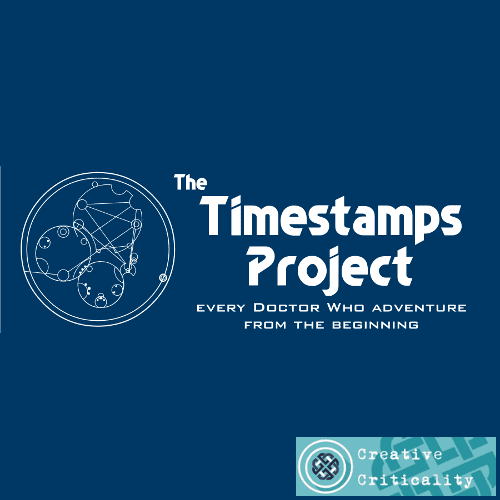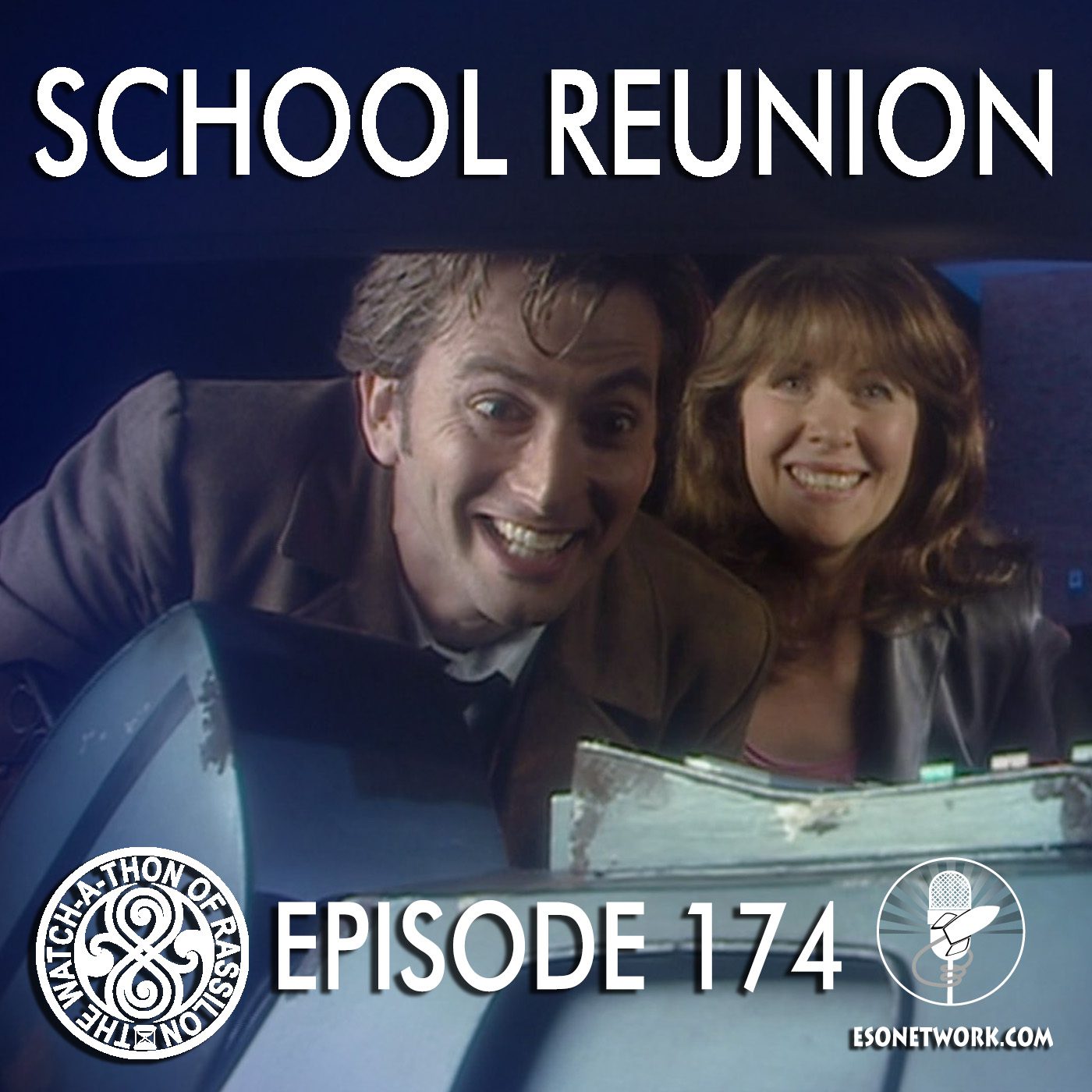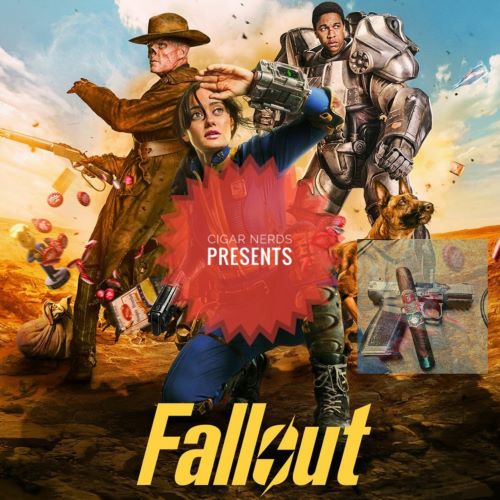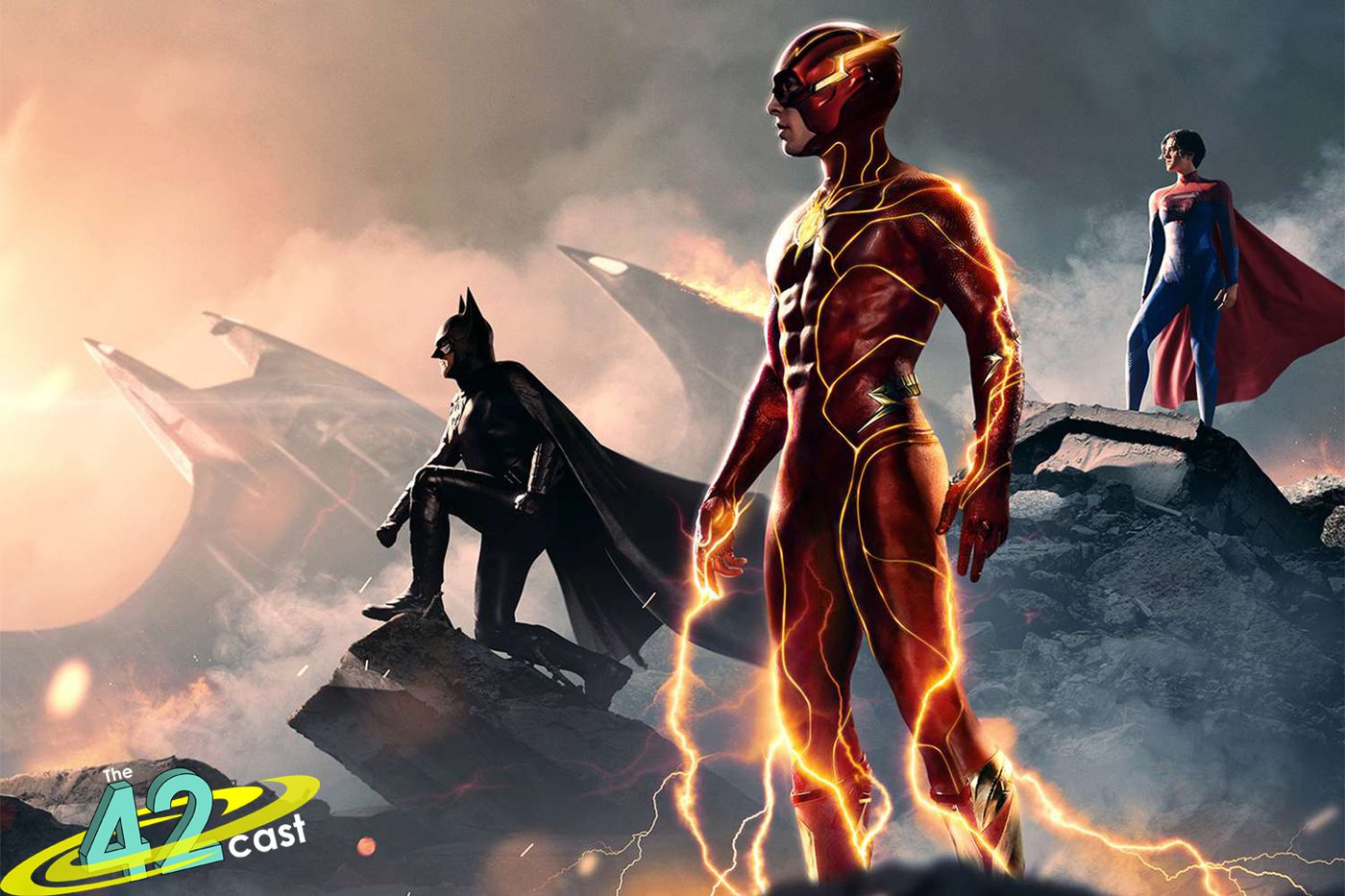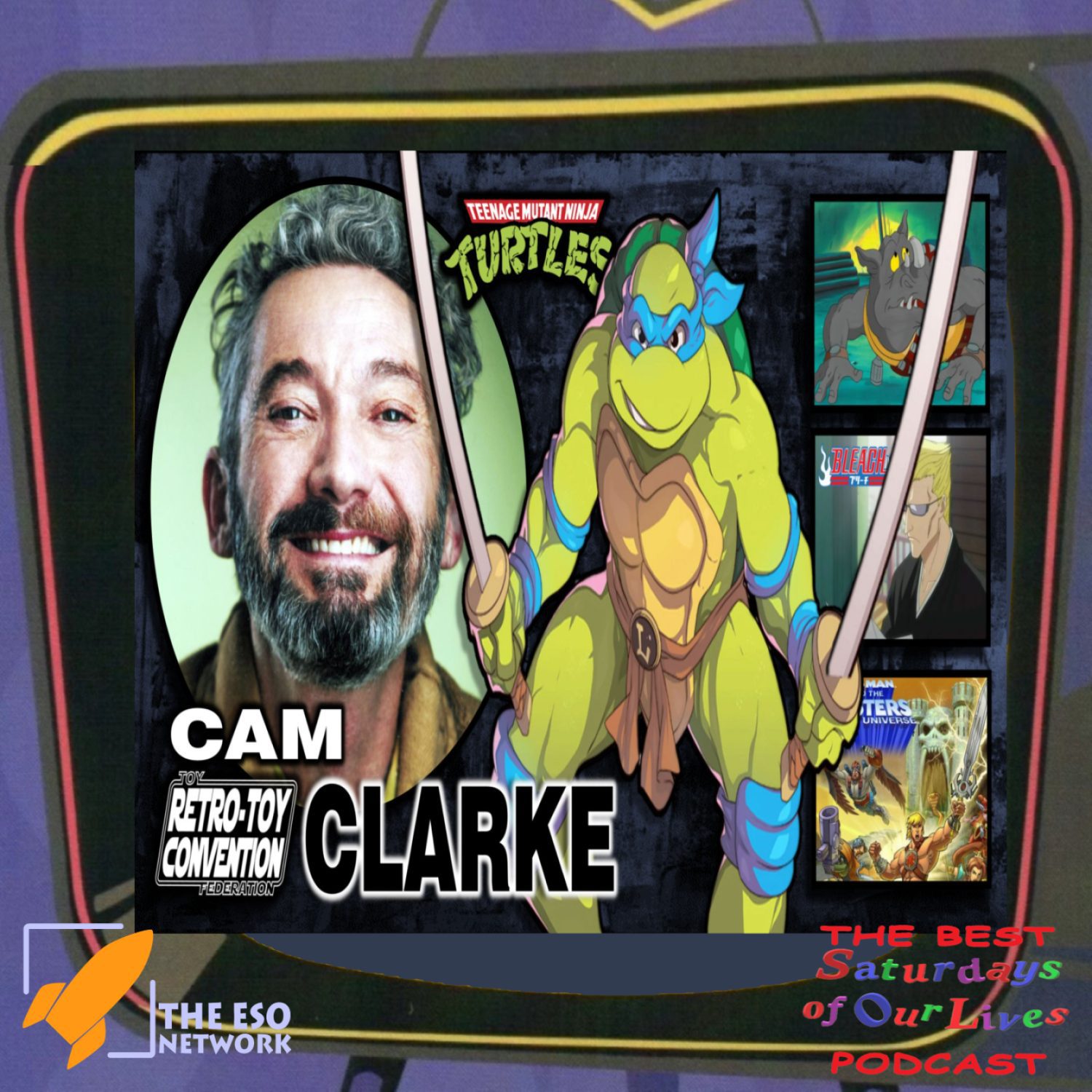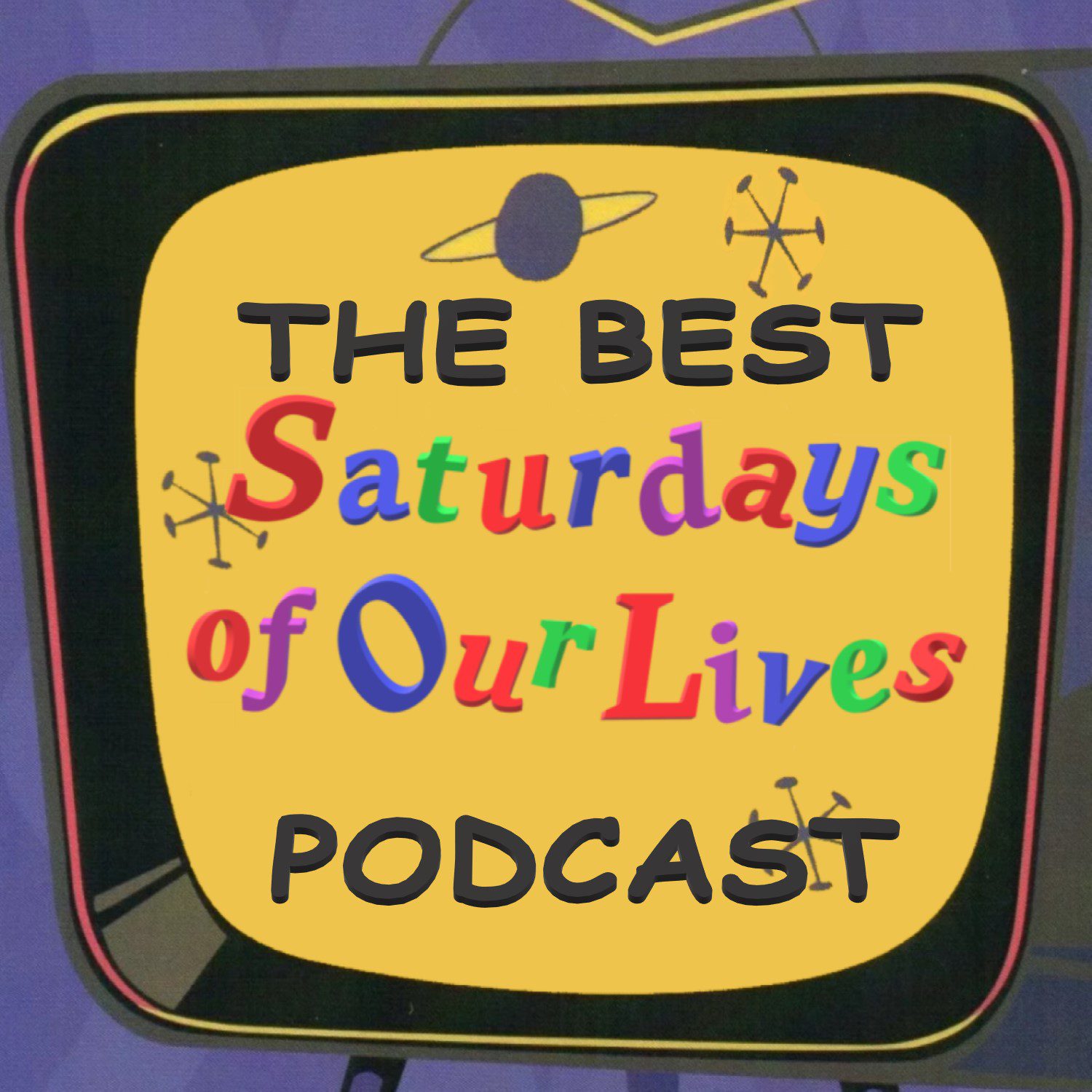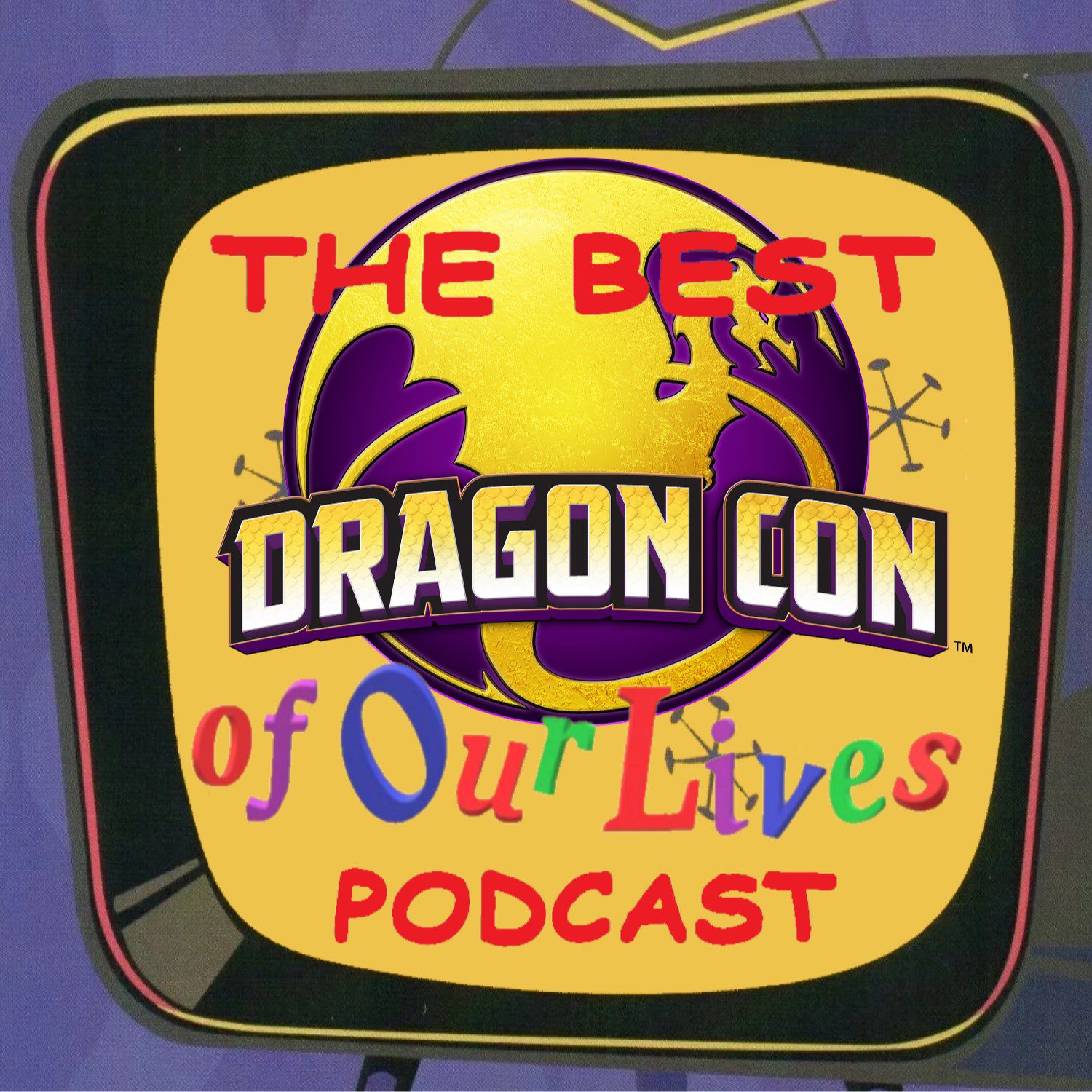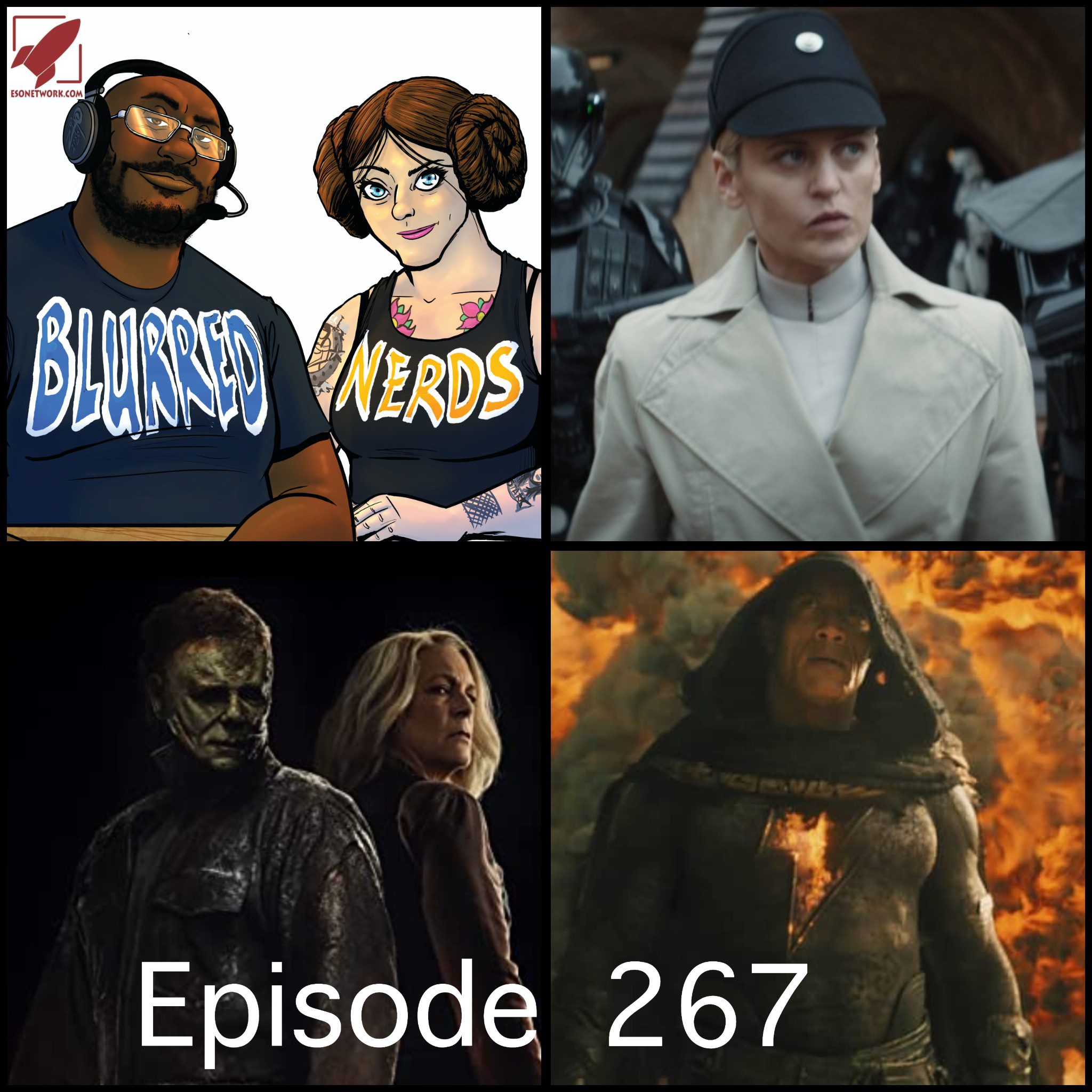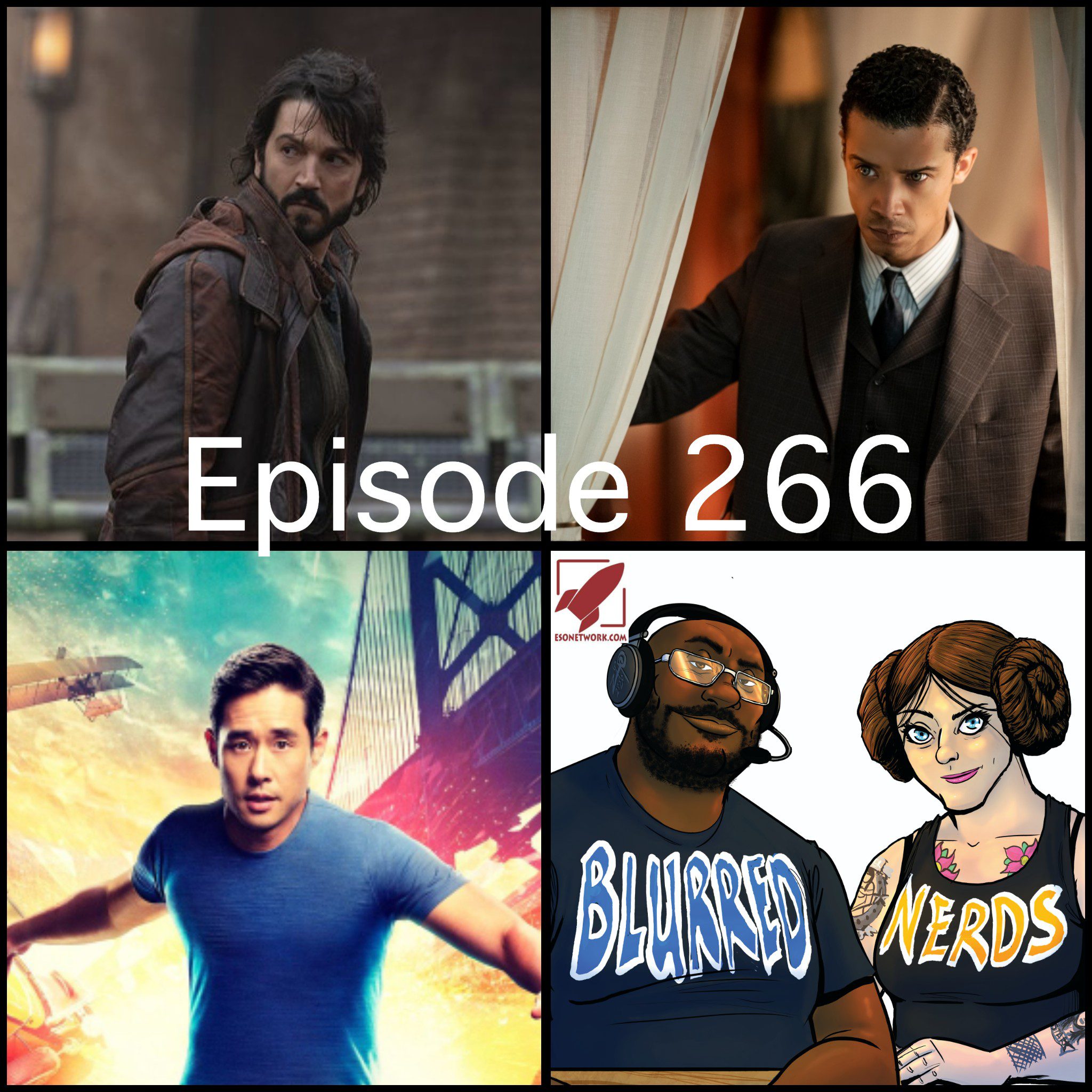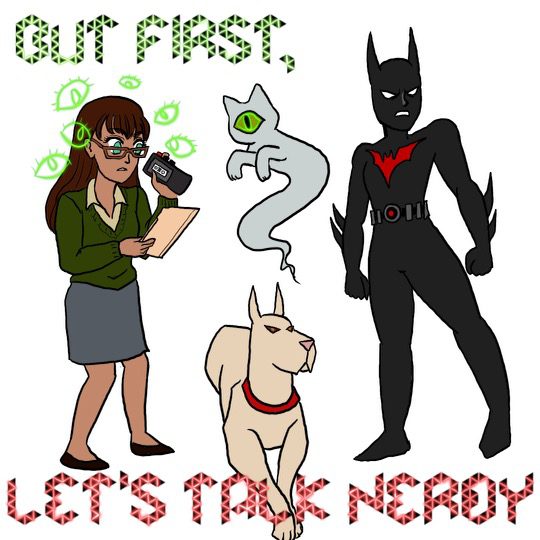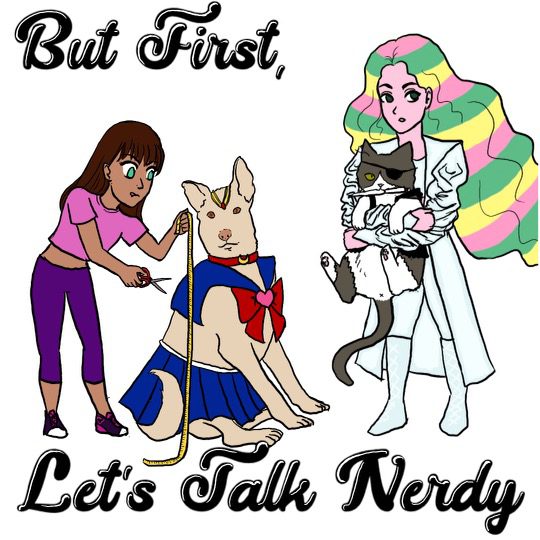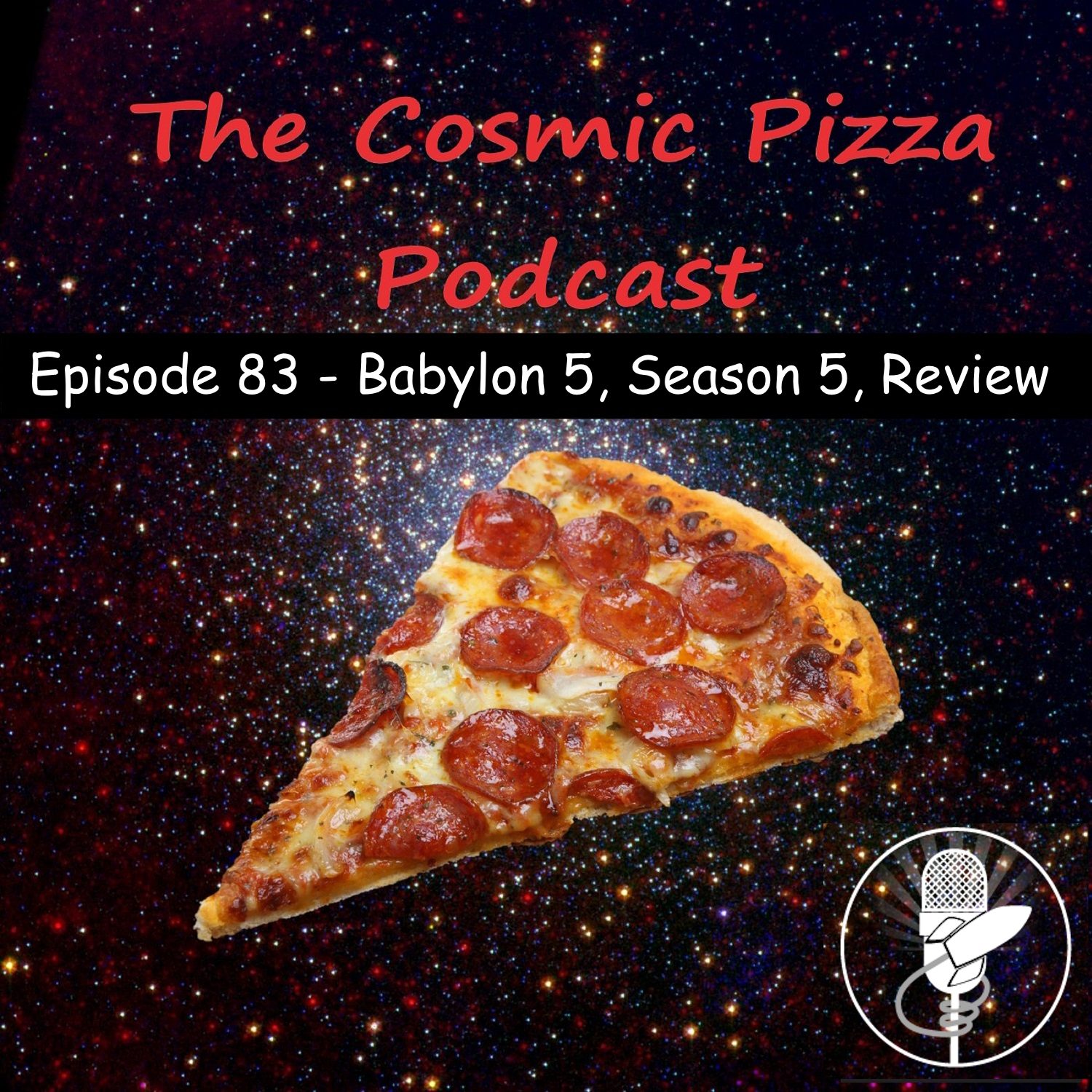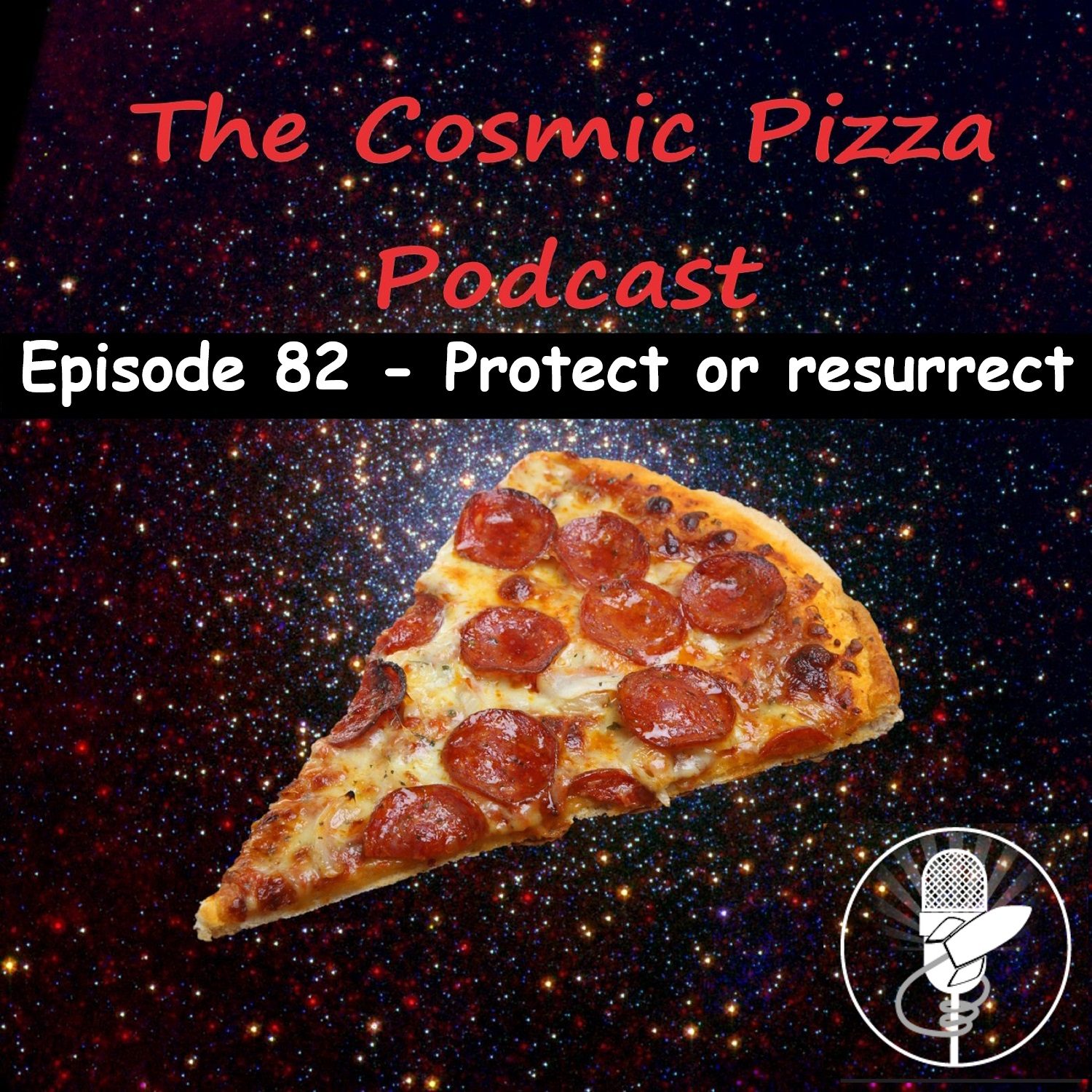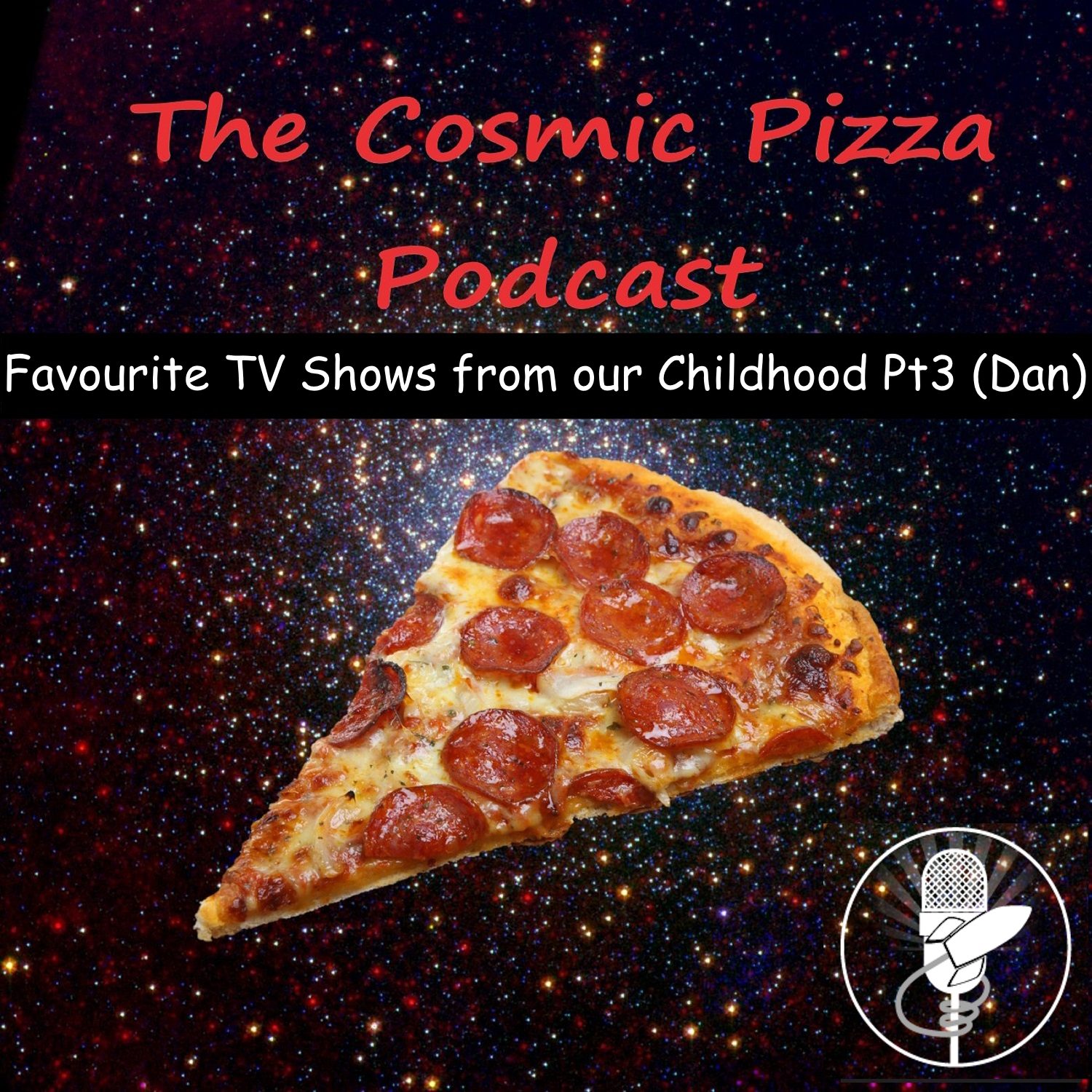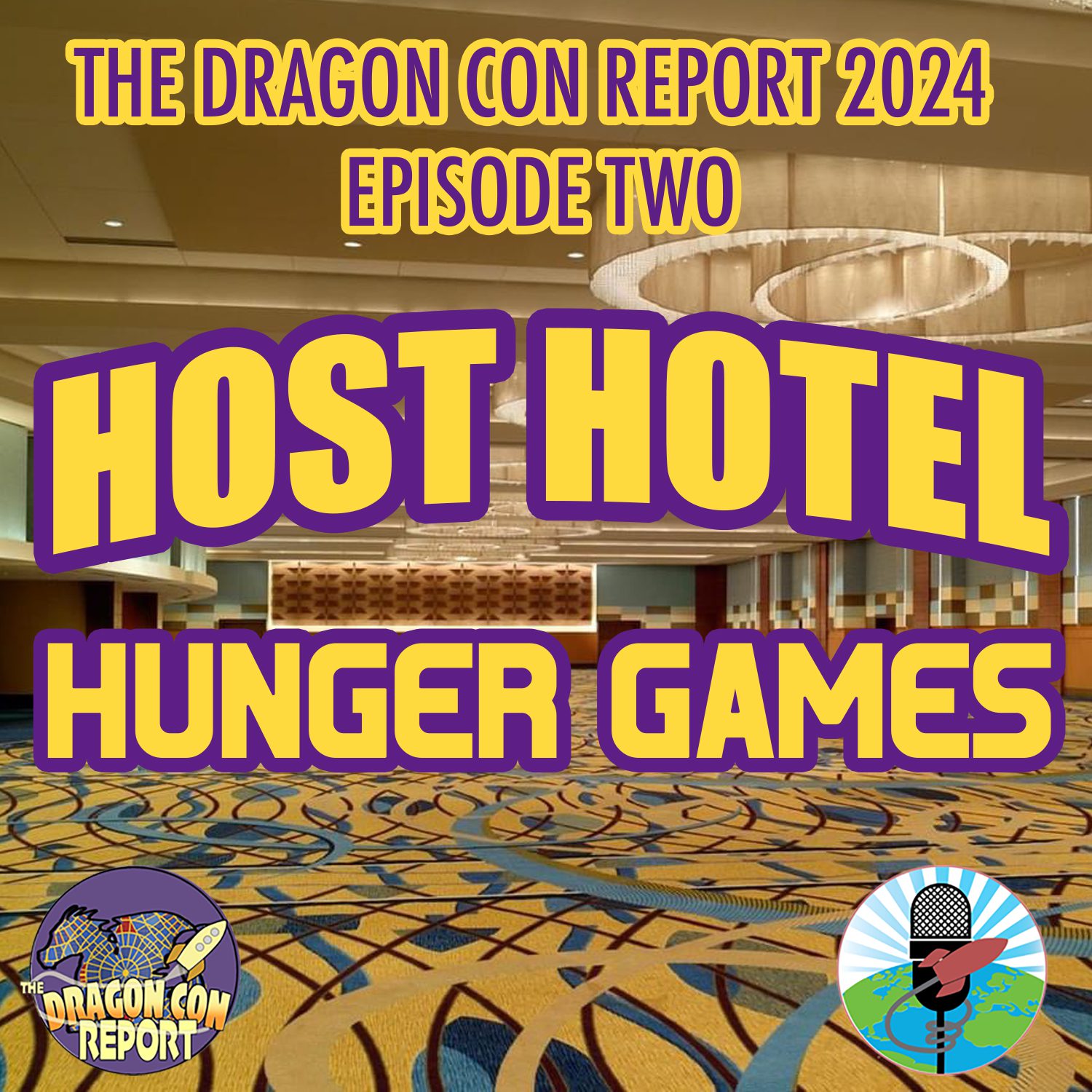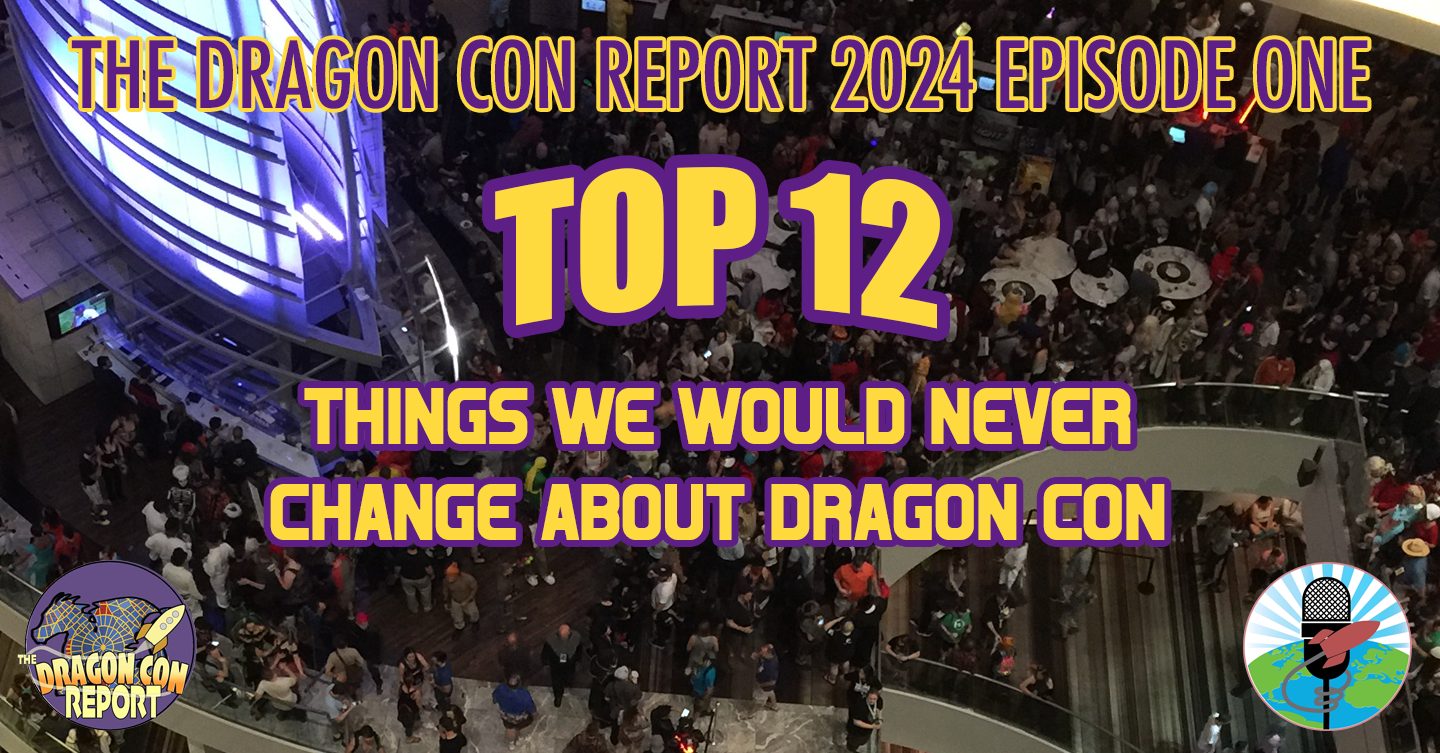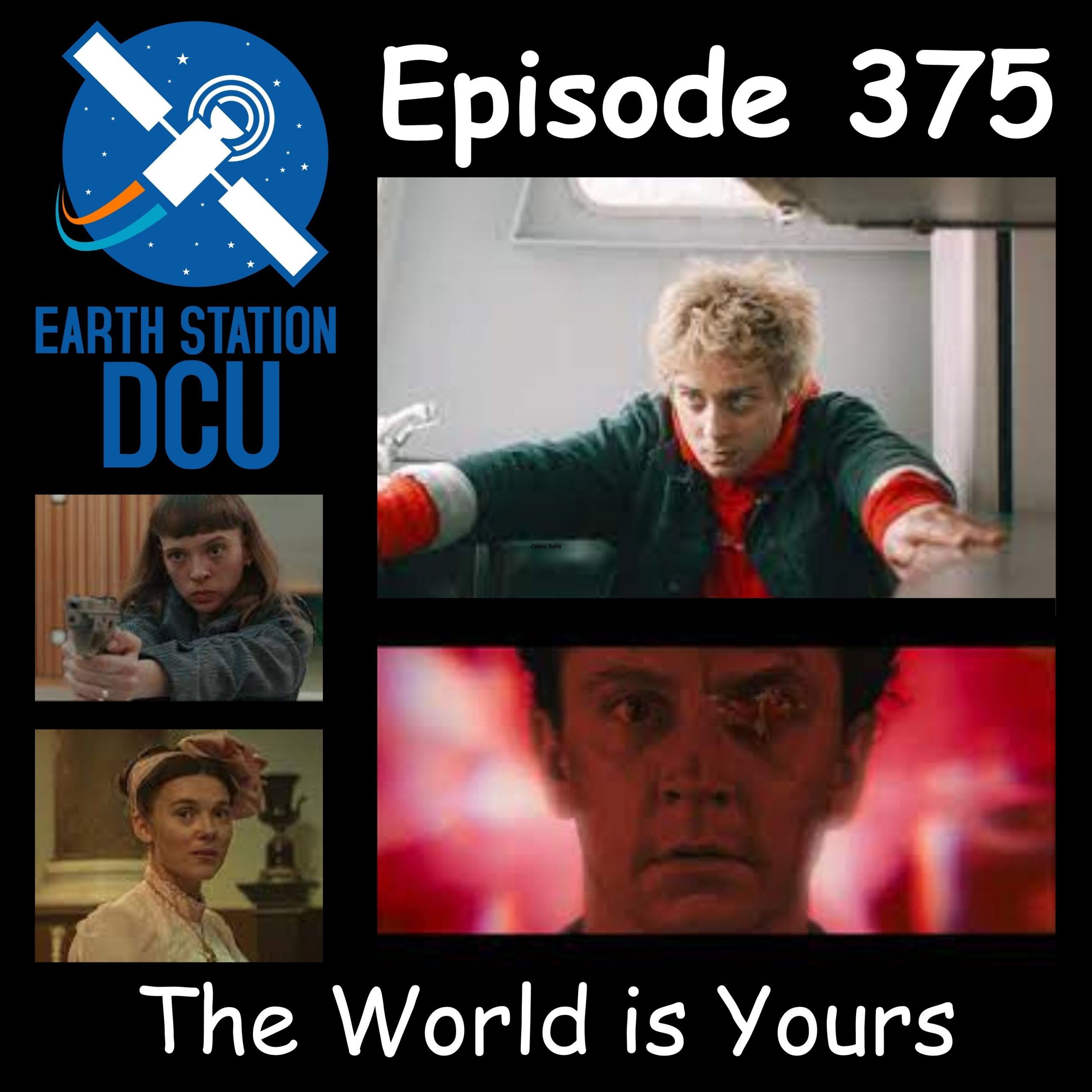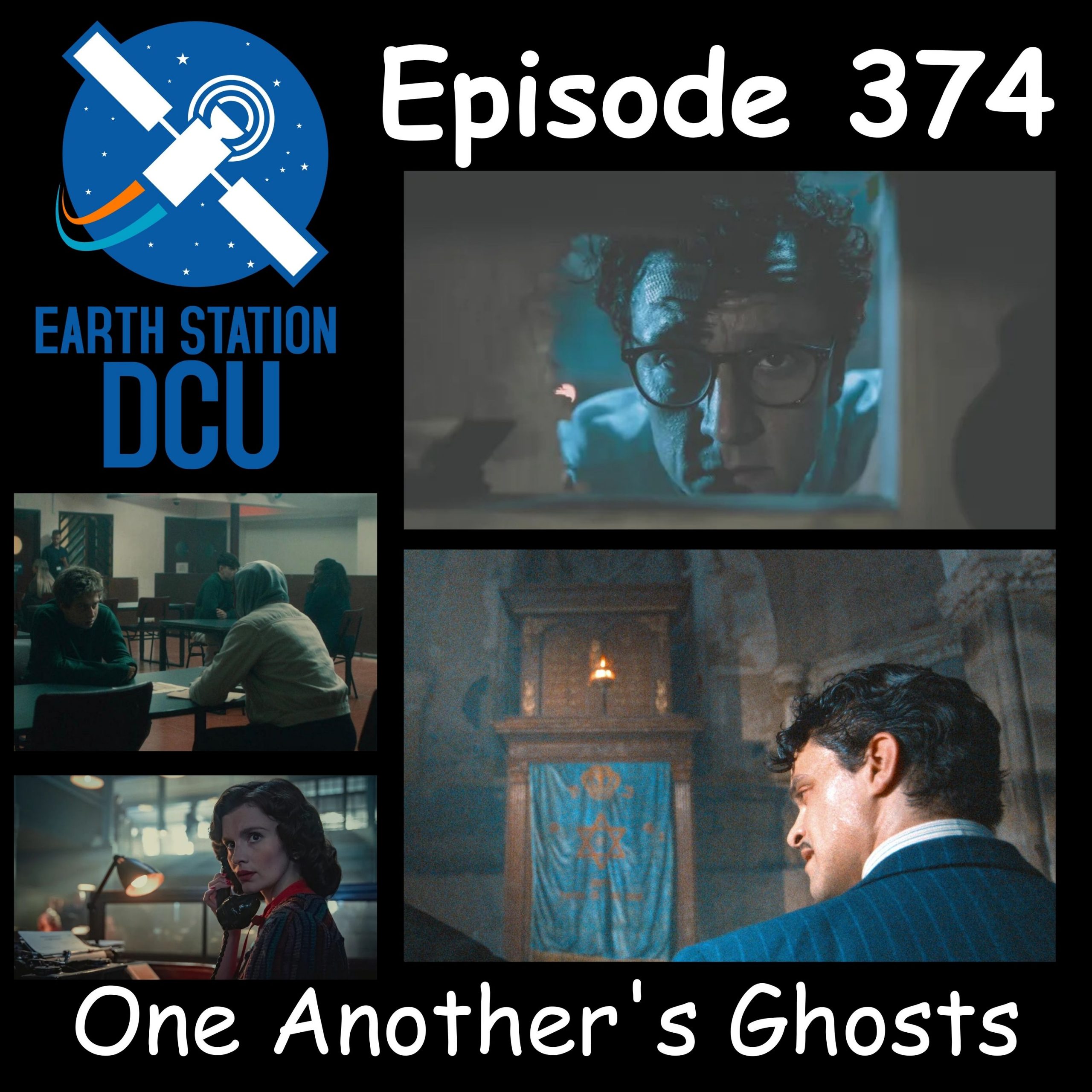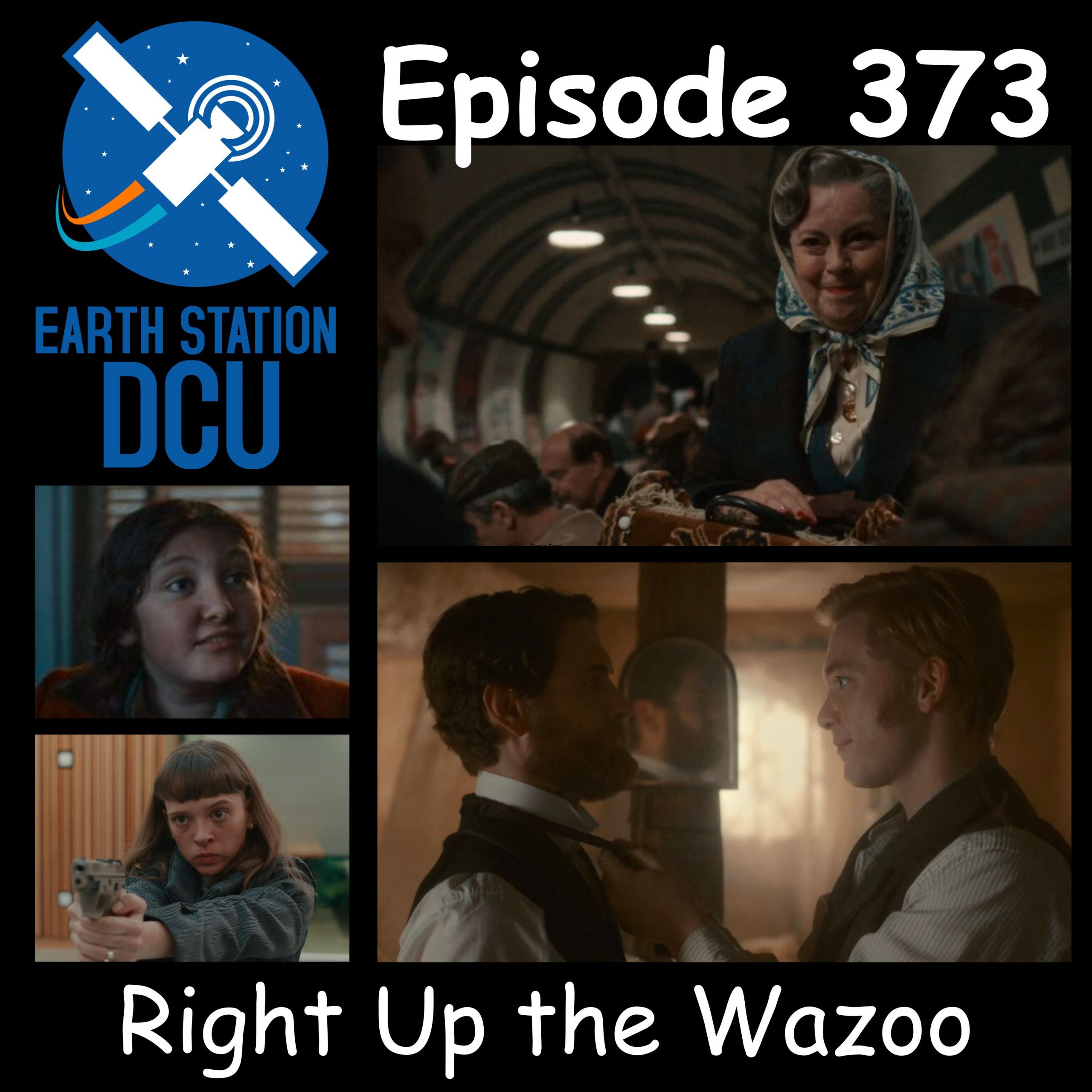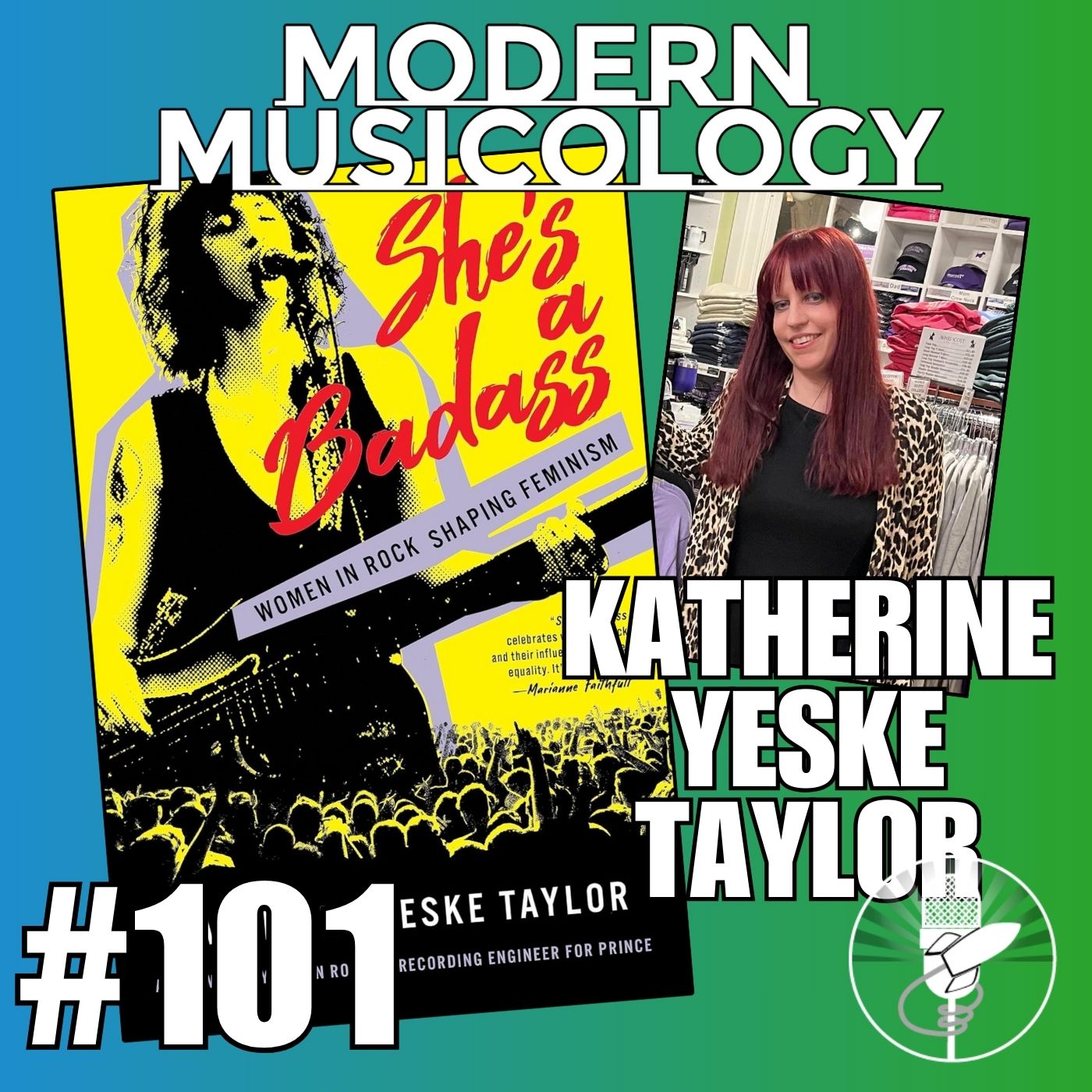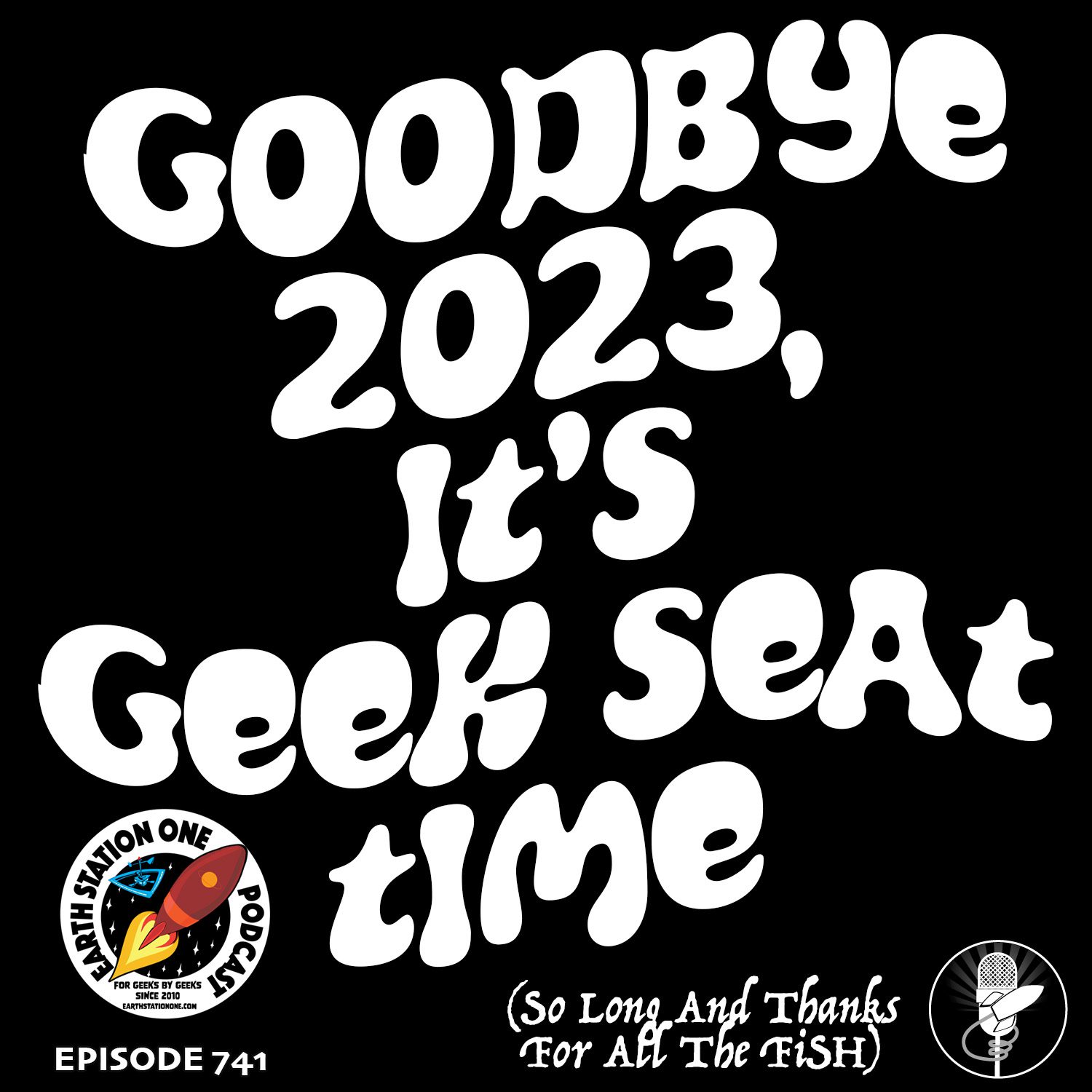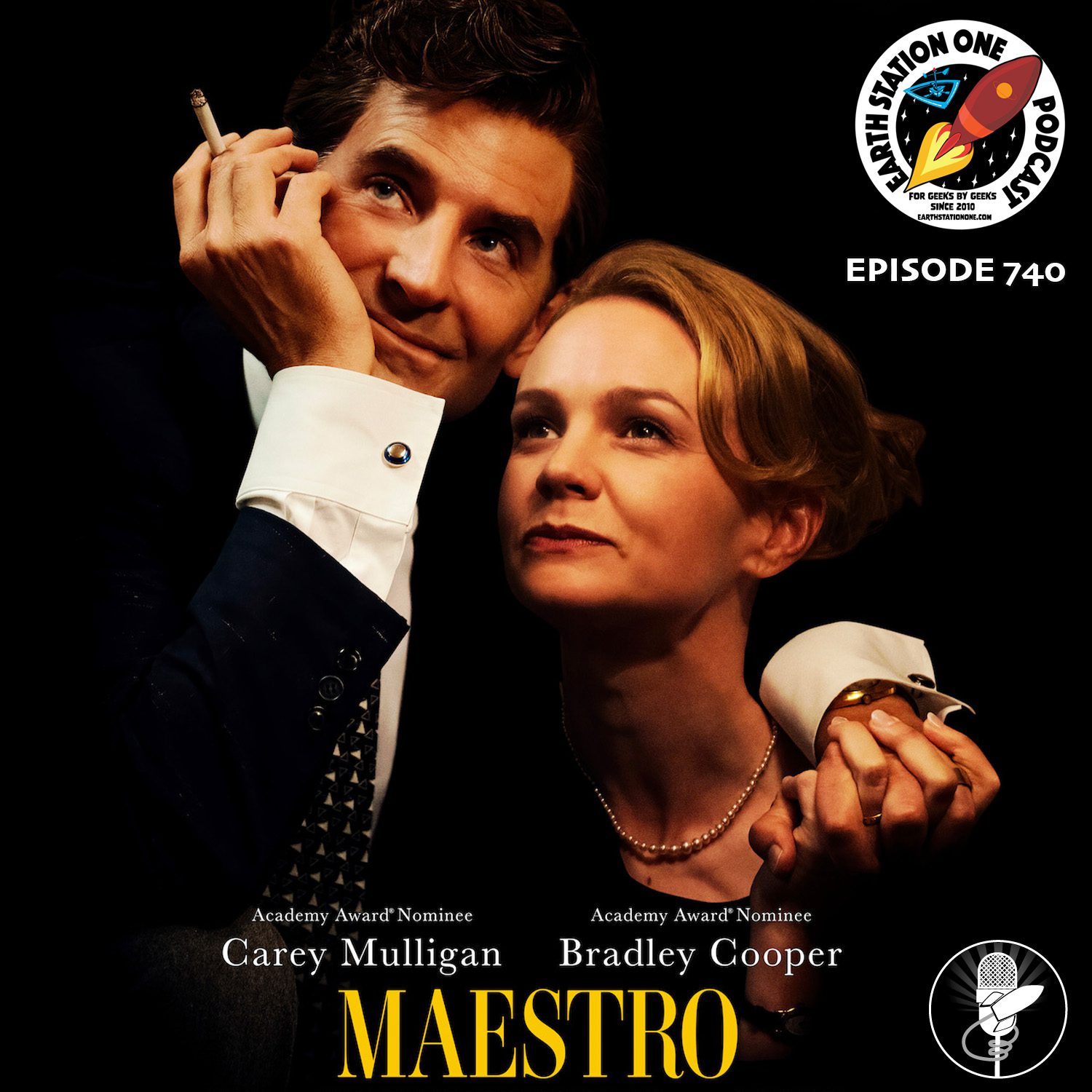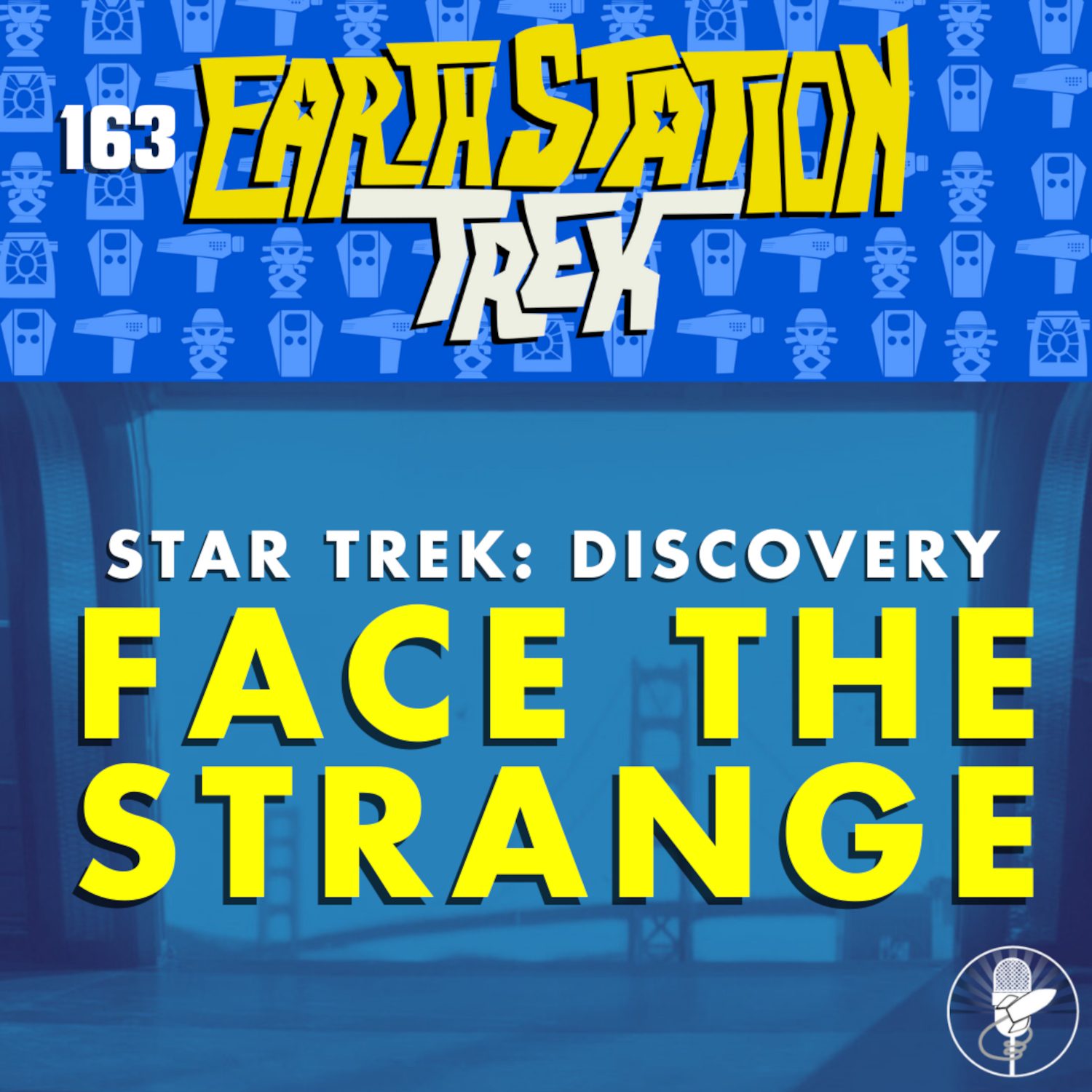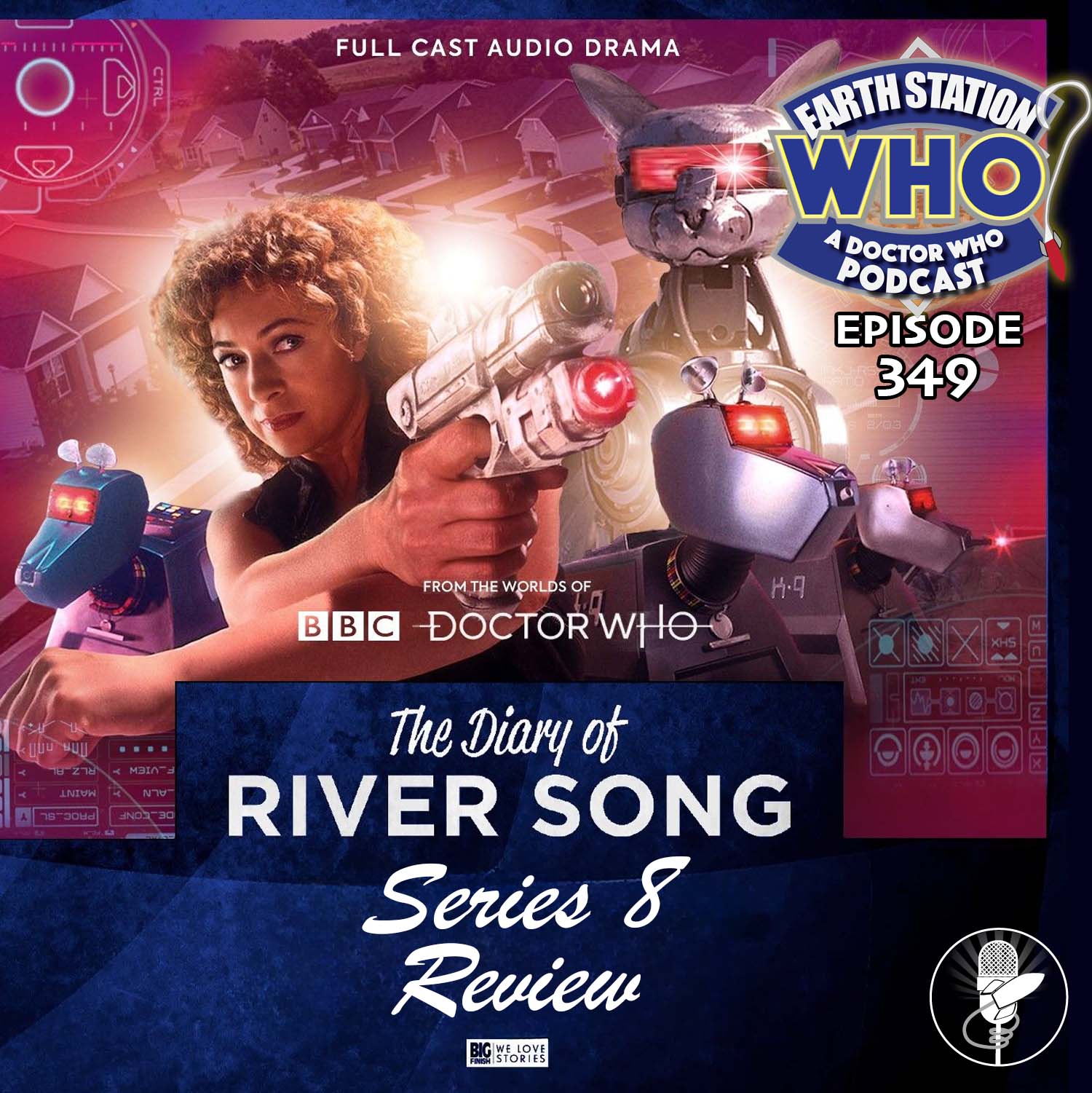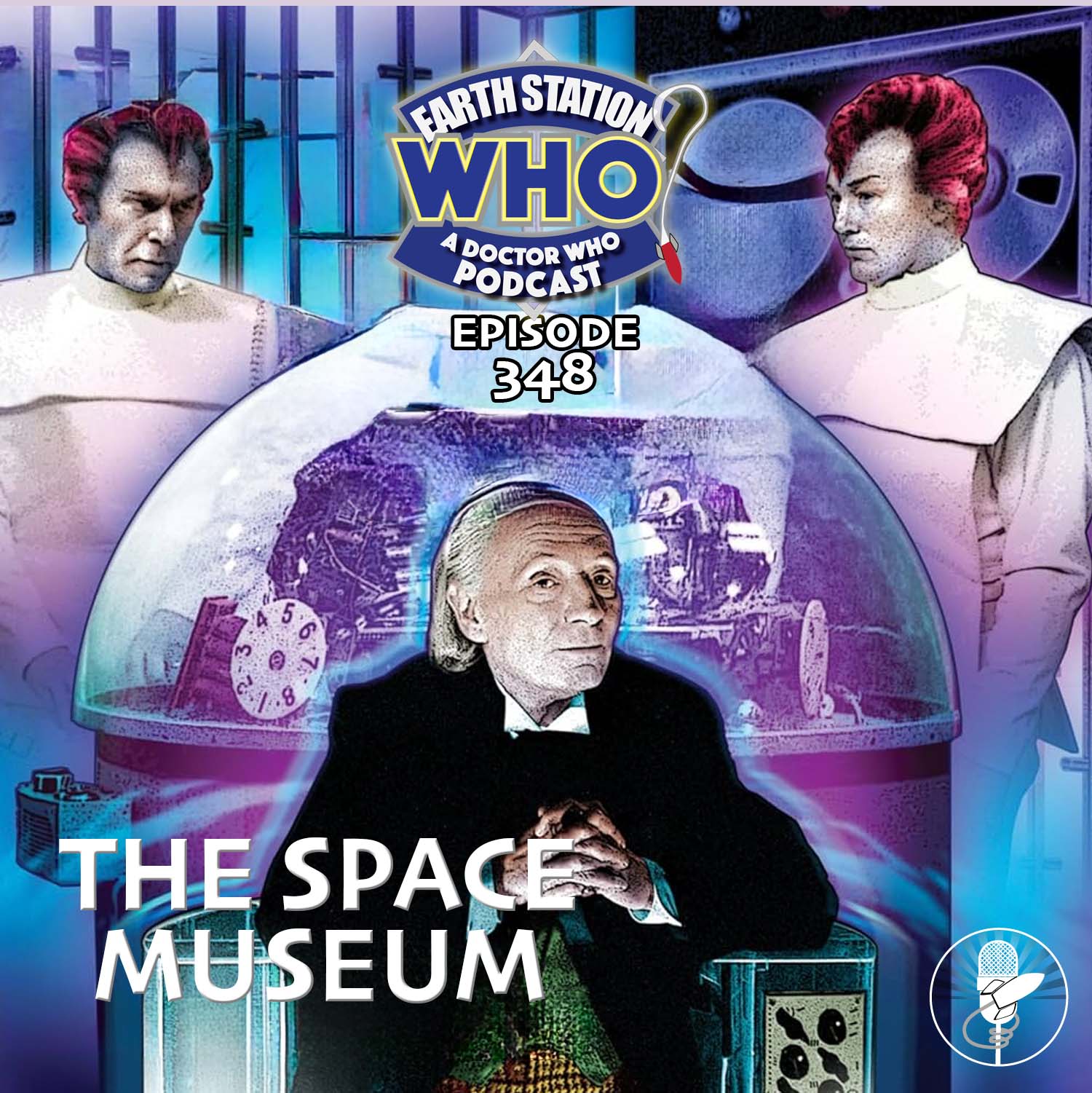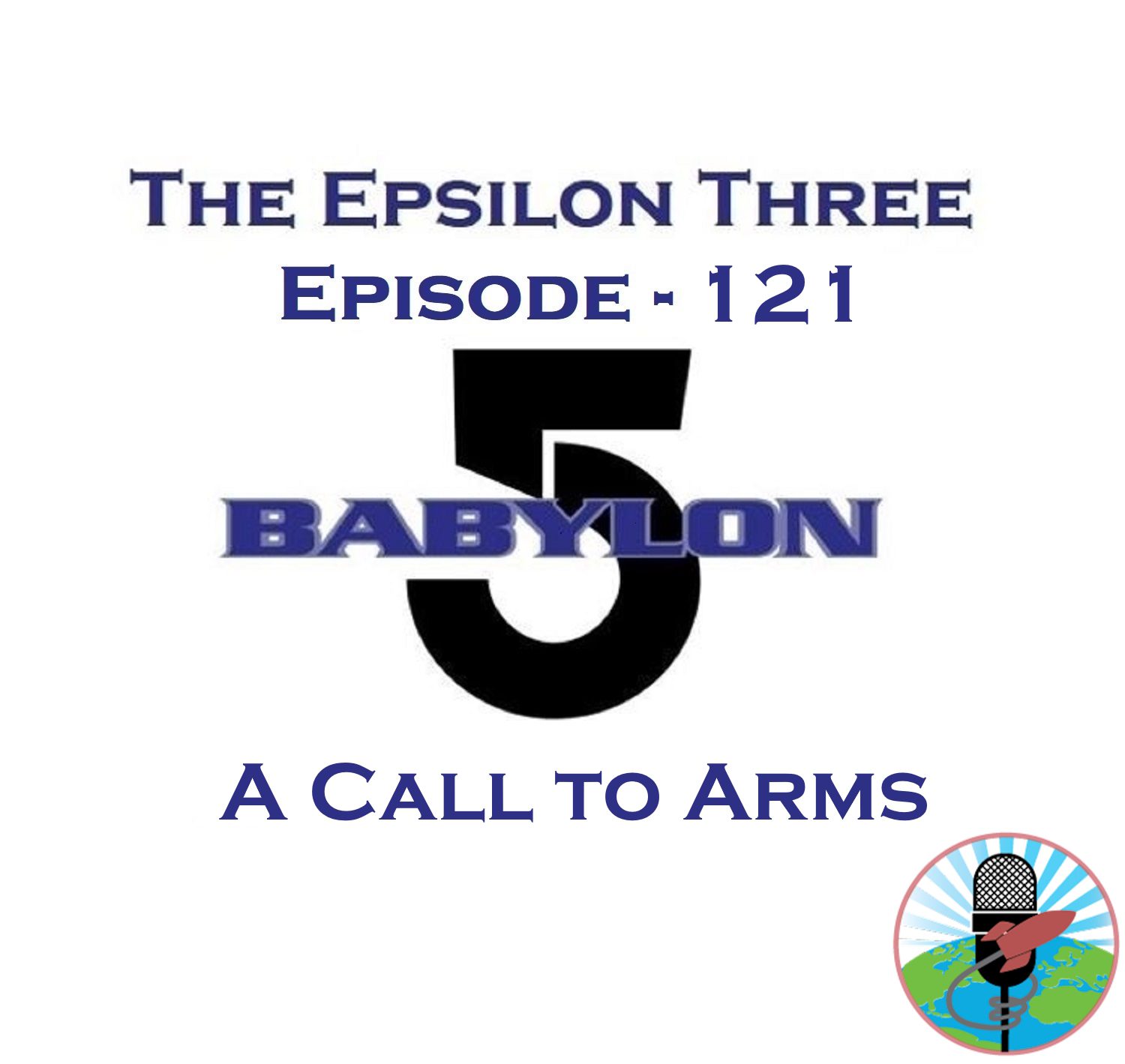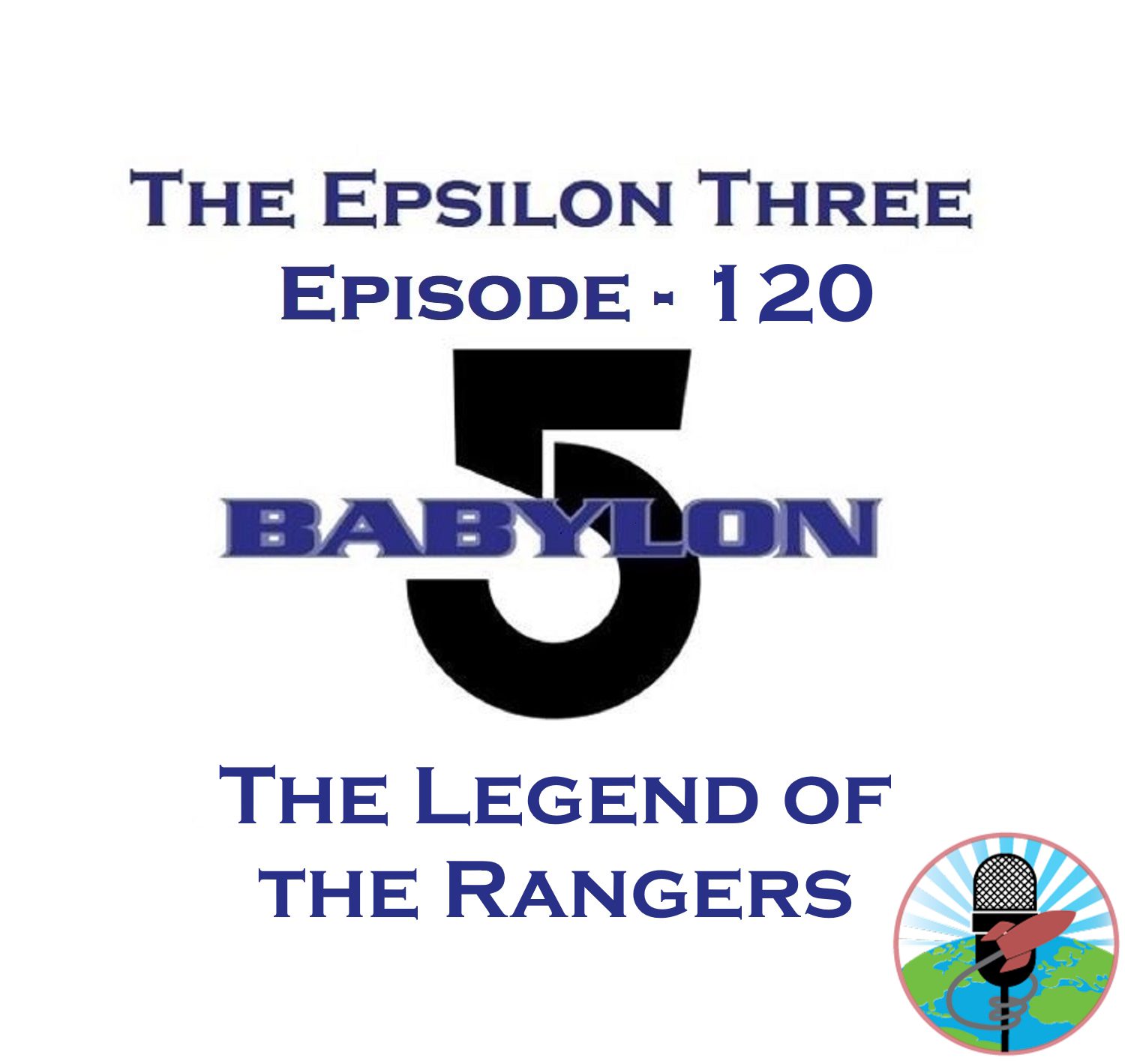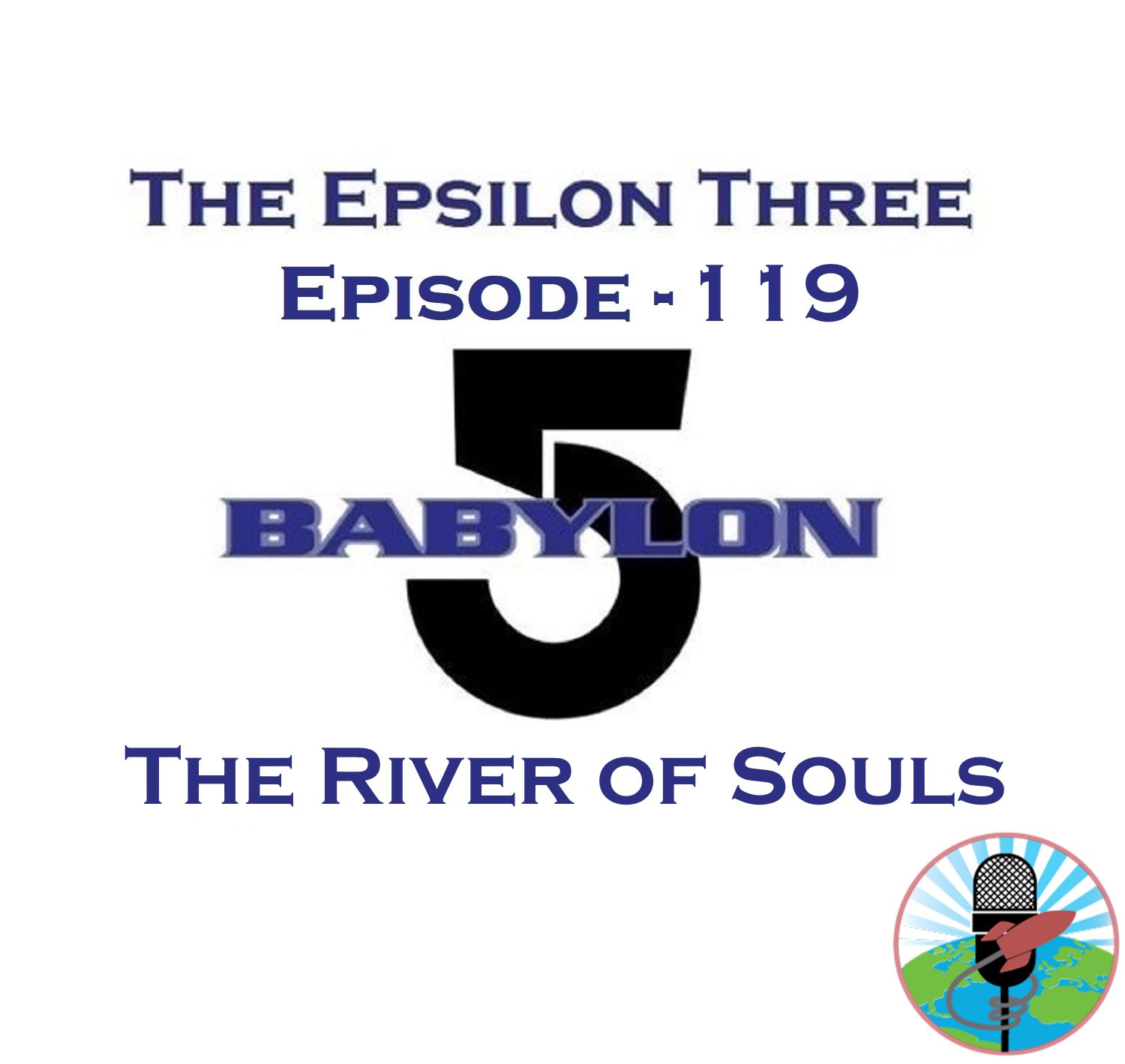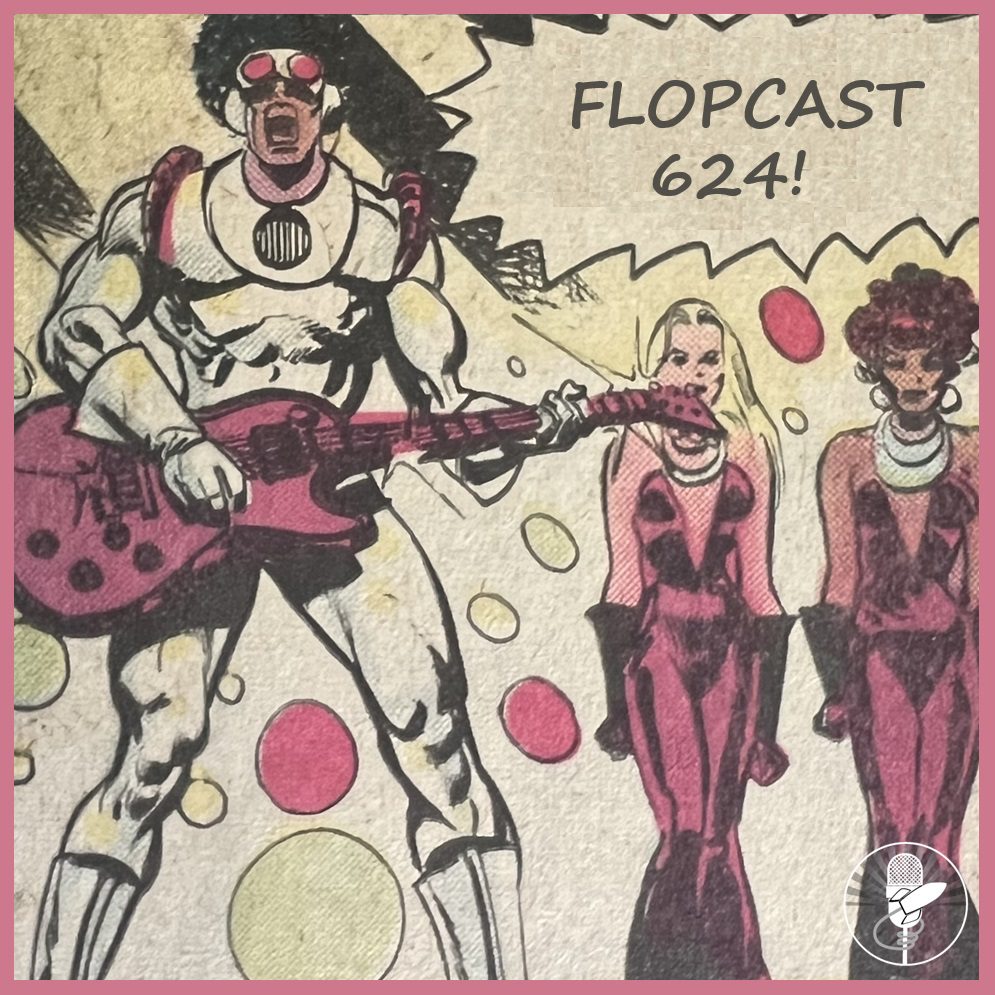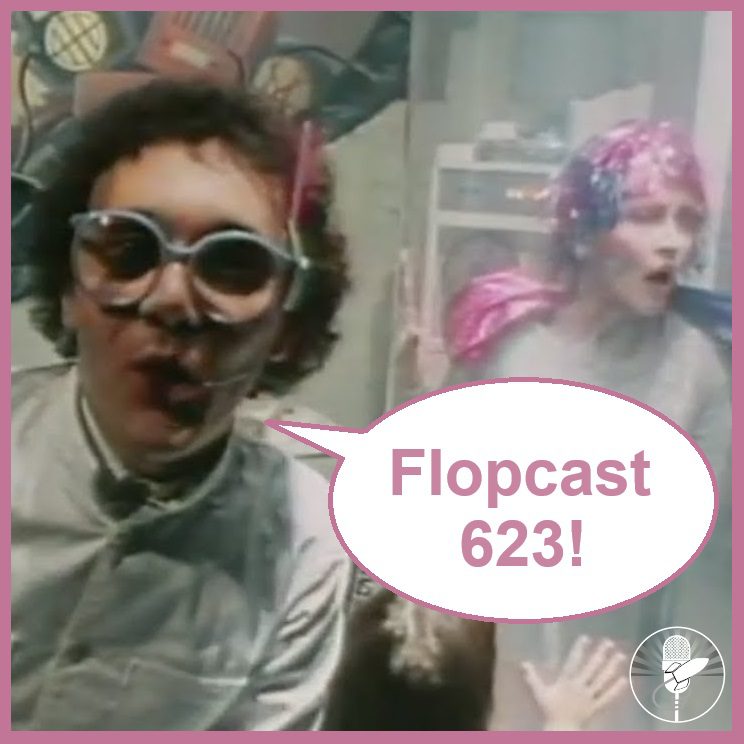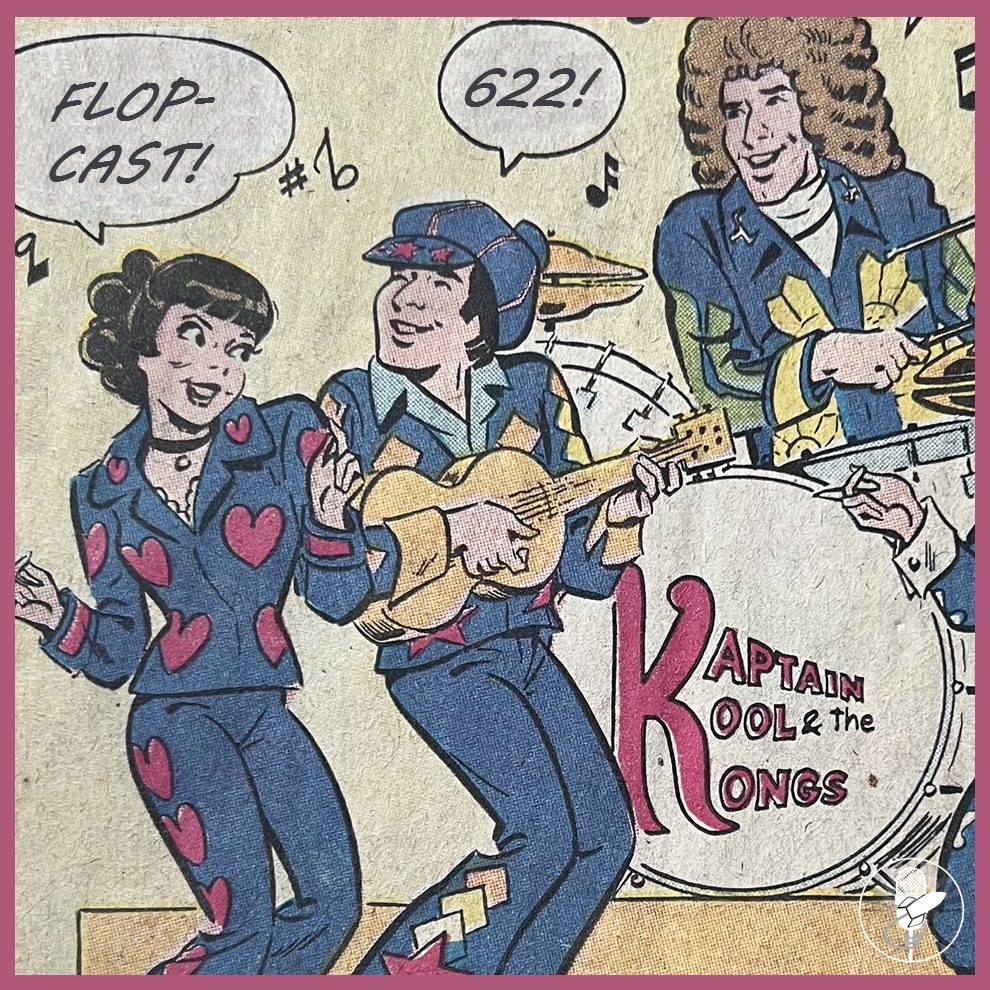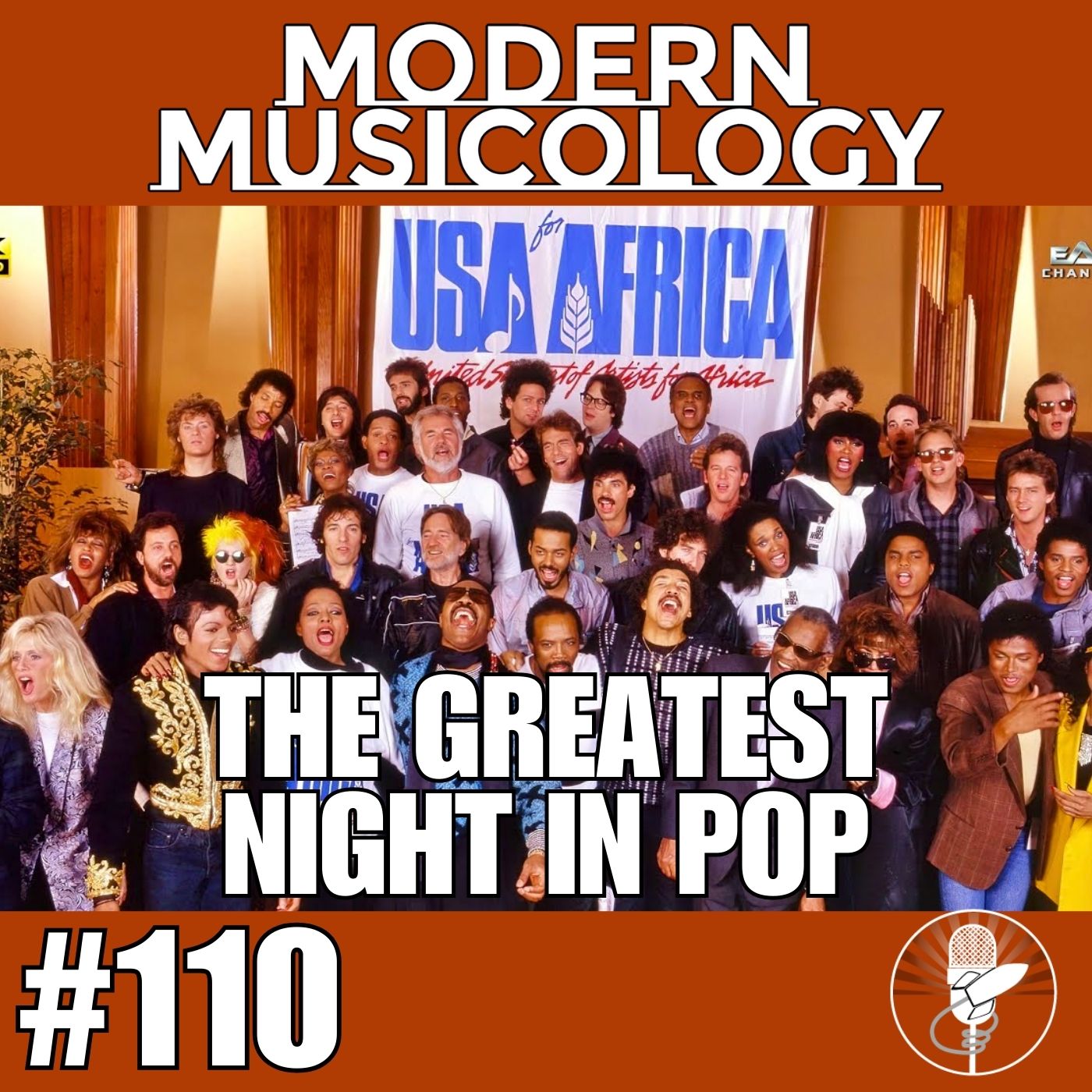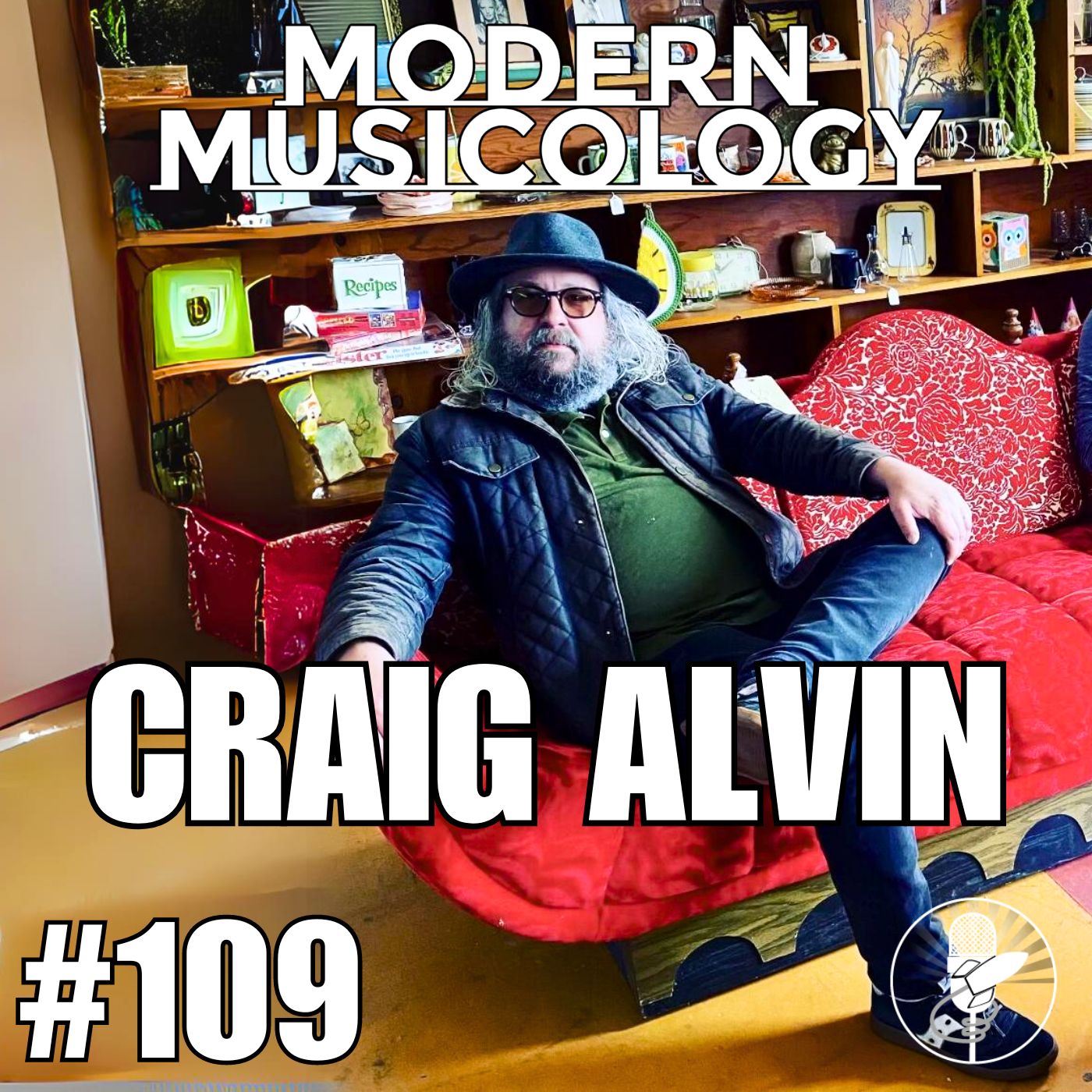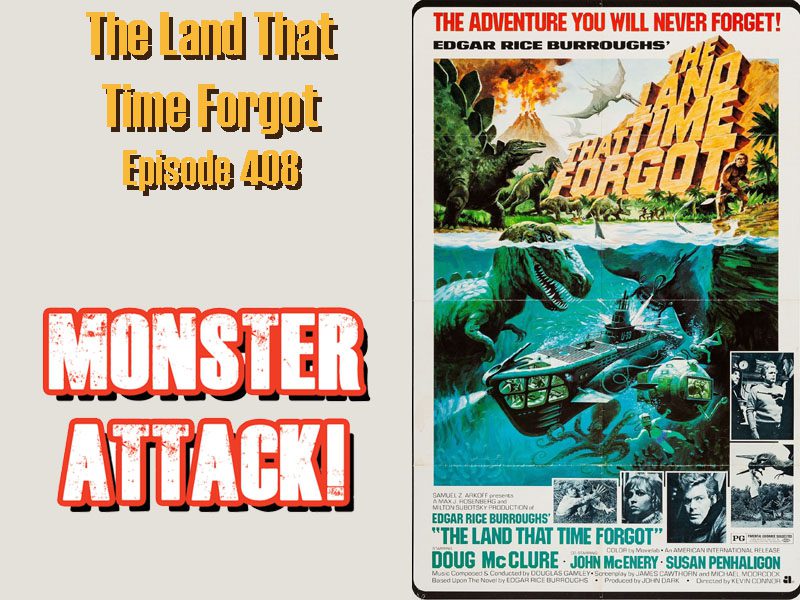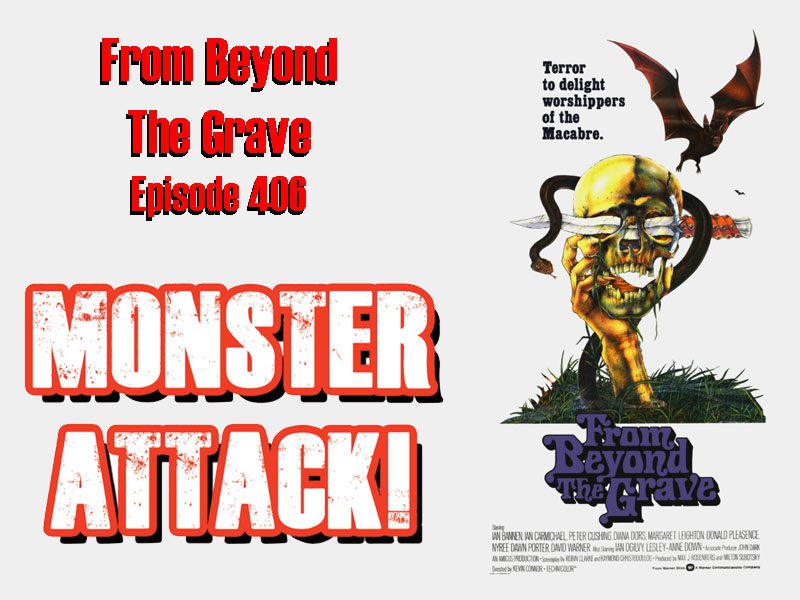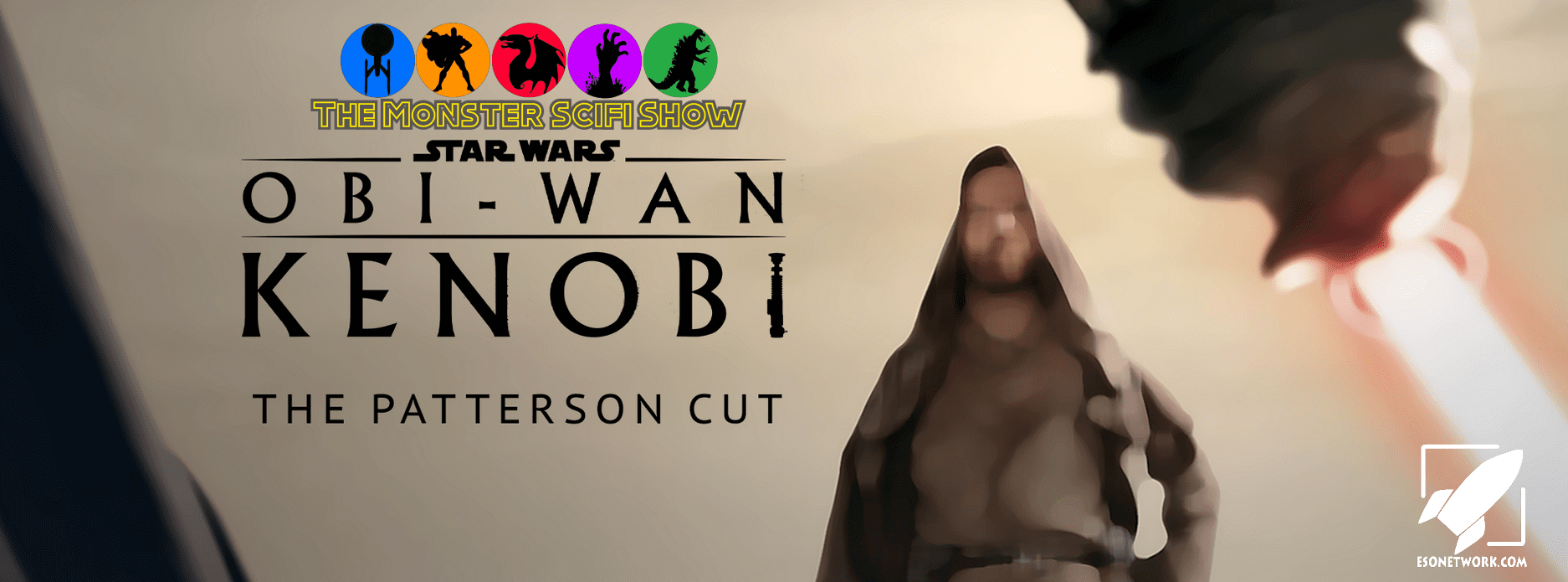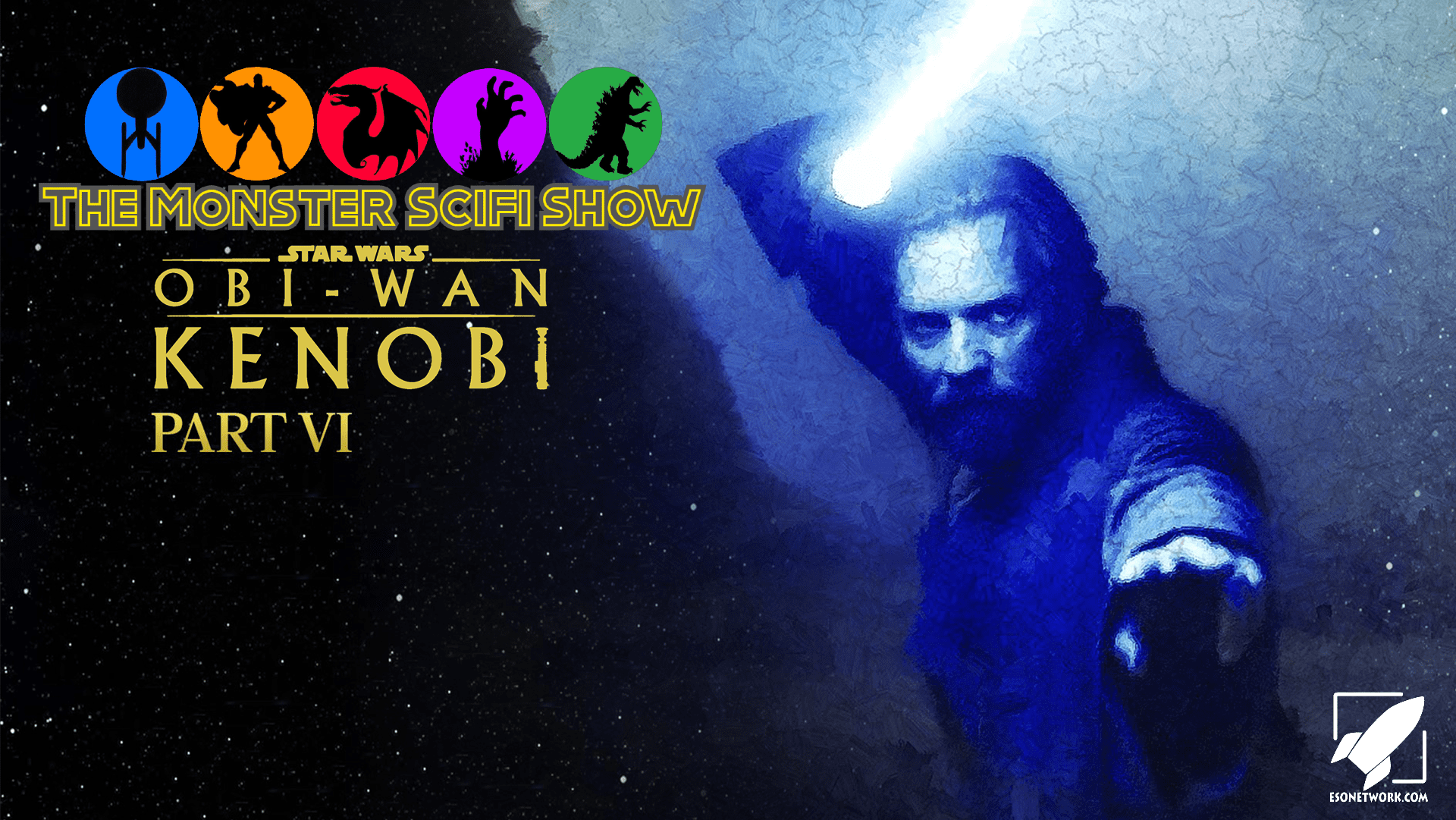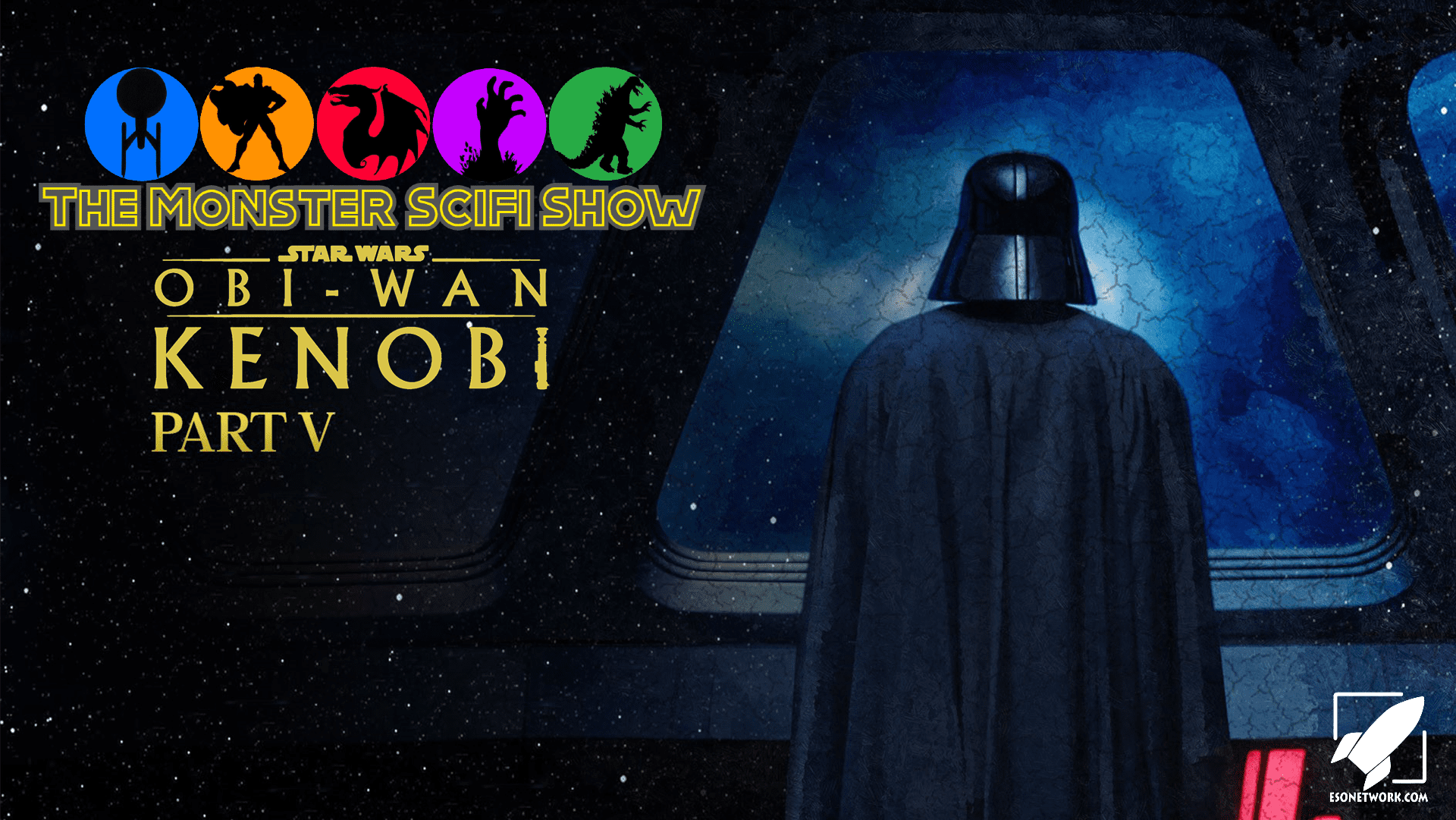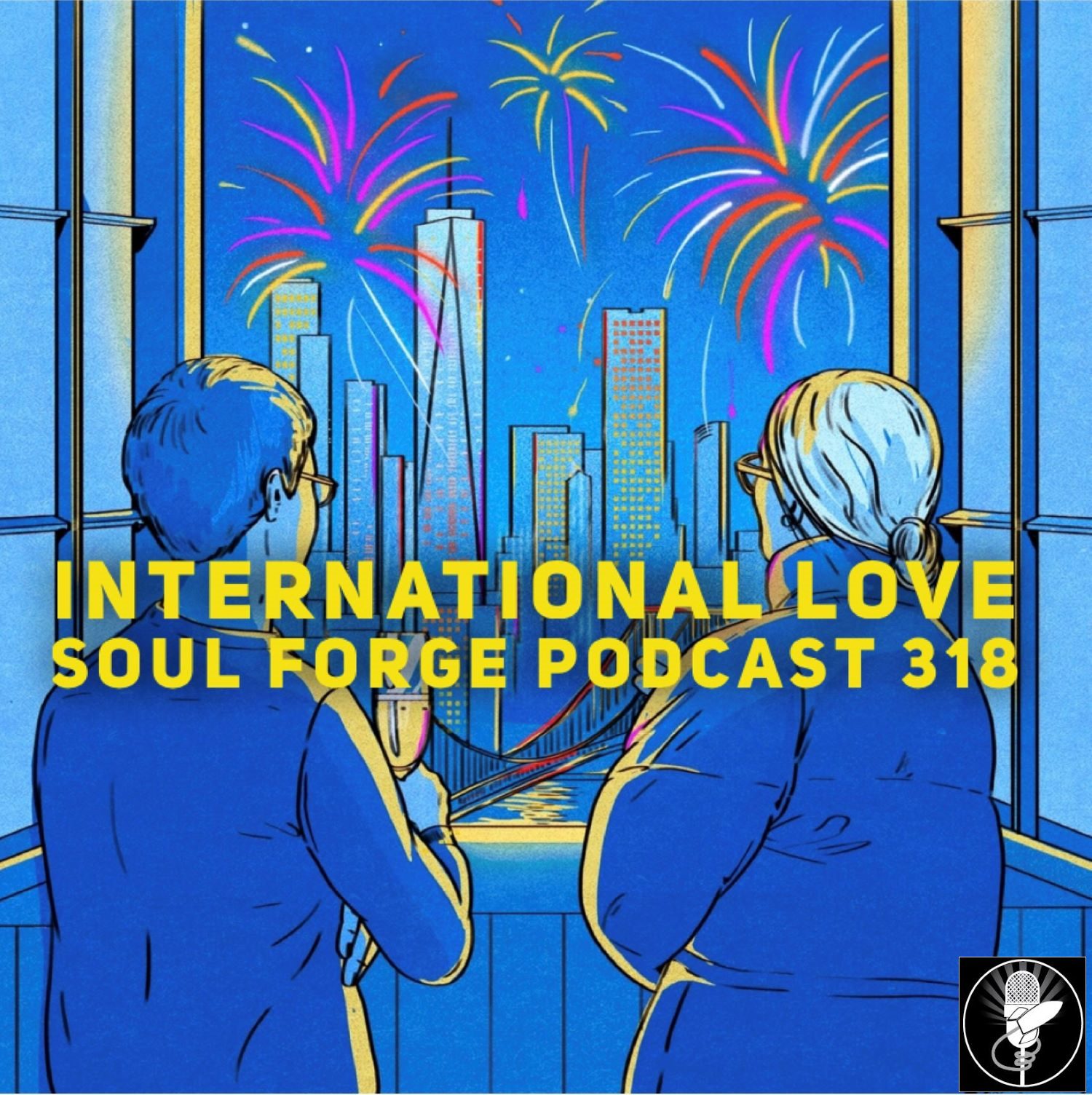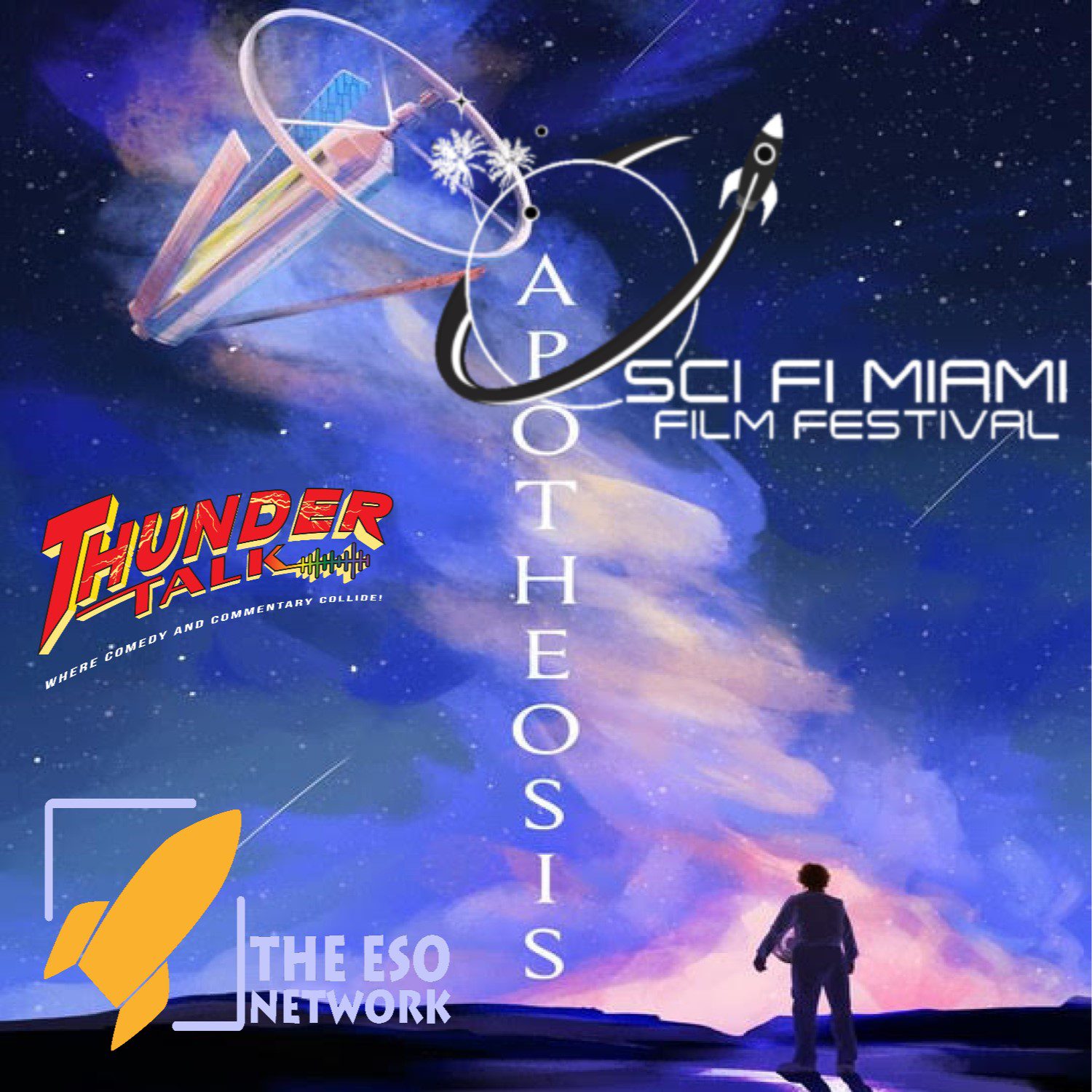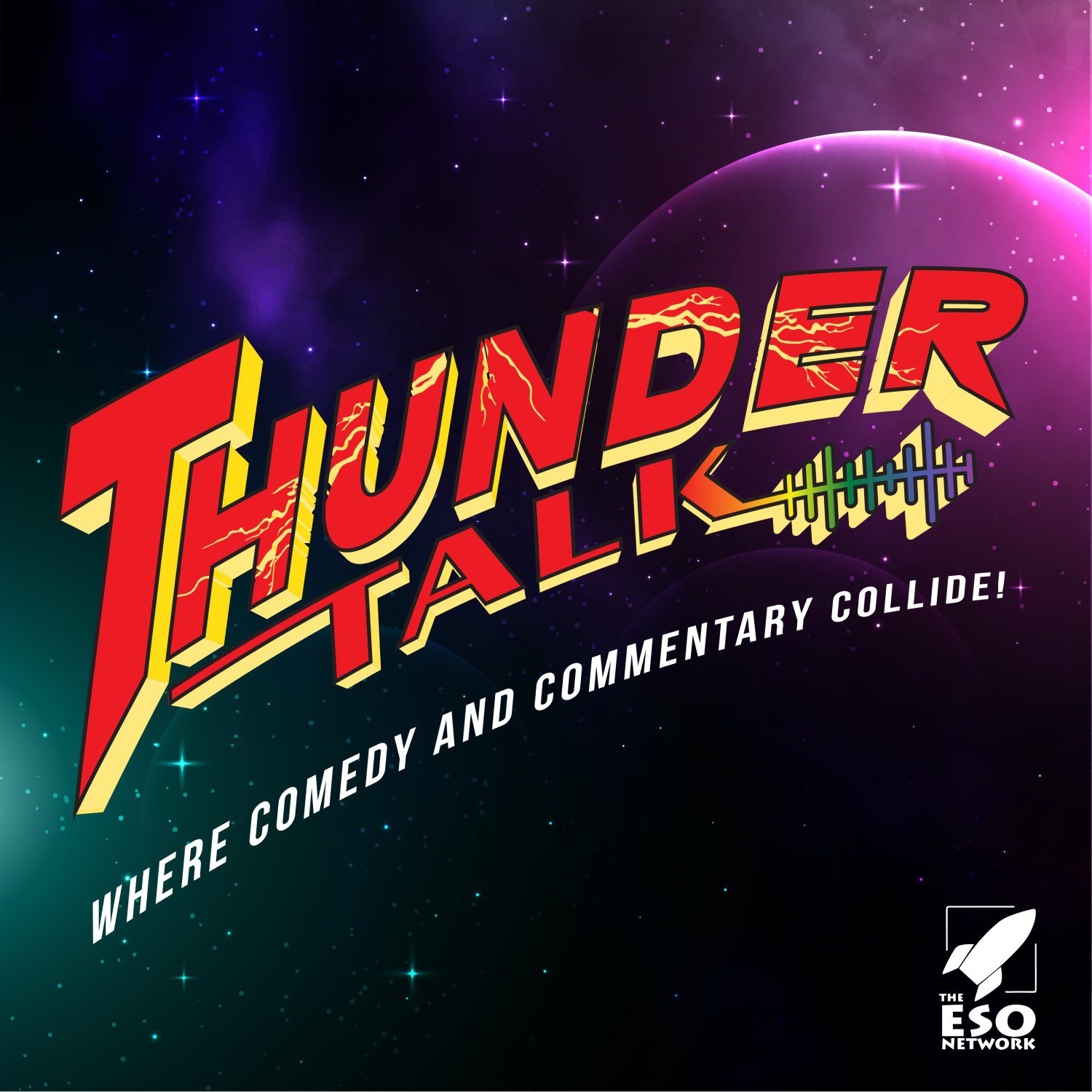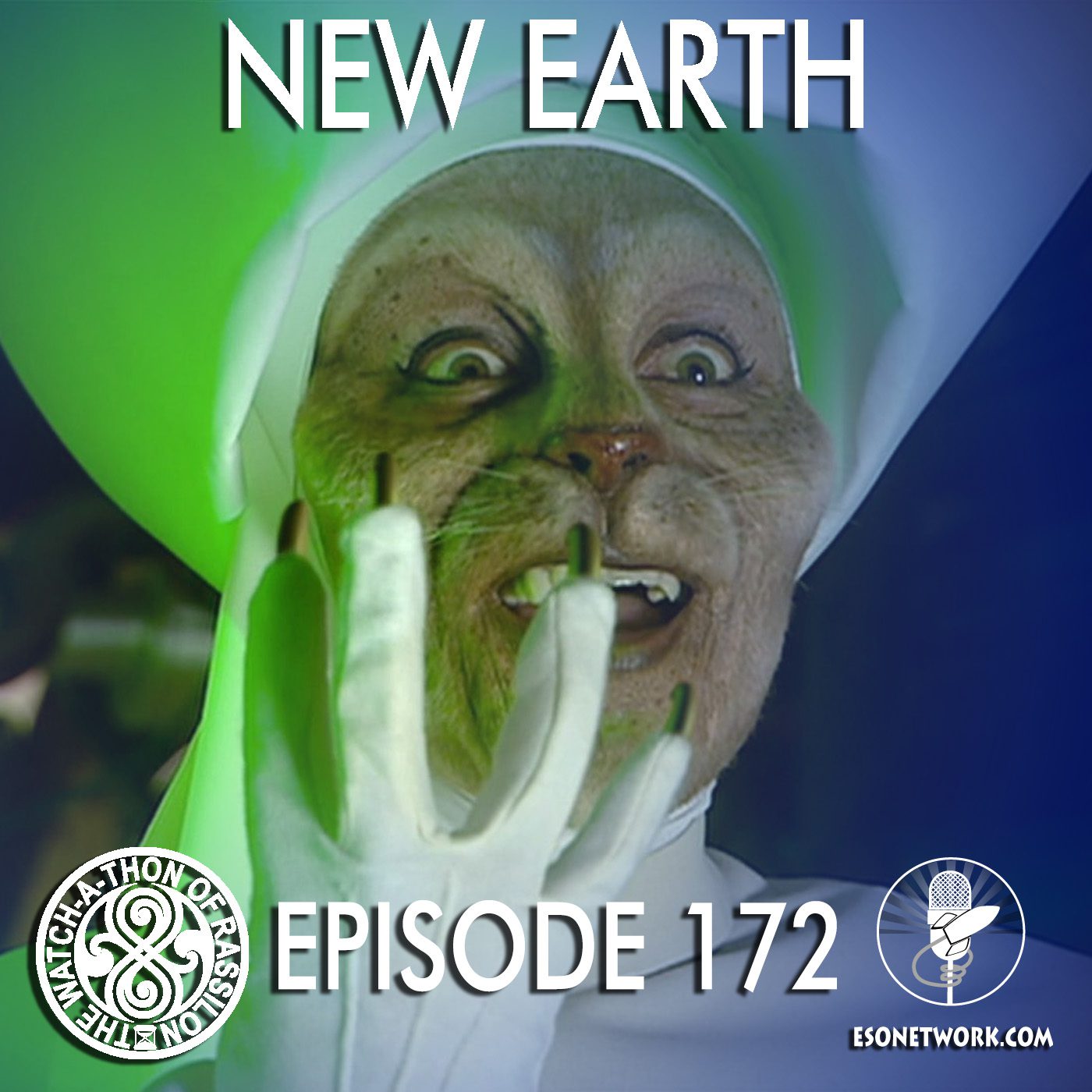Blurb: Space Security Agent Sara Kingdom is dead, her ashes strewn on the planet Kembel. But, in an old house in Ely, Sara Kingdom lives on…
Now joined in the house by her confidante Robert, Sara recalls her travels in the TARDIS with the Doctor – and a particular adventure when the ship appeared to land inside a giant clock, where old men are caught in its workings…
And behind this nightmare is an old enemy: Mavic Chen, Guardian of the Solar System.
Then and now, Sara’s past is catching up with her. The cogs have come full circle…
Review: The Sara Kingdom trilogy was a popular storyline for Big Finish. It allowed Jean Marsh to reprise her role as Sara Kingdom, one of the few companions who hadn’t had a chance to do so. For the final installment in the trilogy it only made sense to have veteran writer Simon Geurrier return to wrap up the cliffhanger that the previous story, The Drowned World had concluded with. Guerrier continues the tale of Sara and the House in Ely where she continues to tell Robert stories about her past. To add further interest to the story, Guerrier added Bret Vyon and Mavic Chen to the story, important characters from Sara’s past that would create immediate interest in Doctor Who fans familiar with the era.
The Guardian of the Solar System ties itself strongly to the events of the TV story, The Daleks Master Plan. All of the parts of the Sara Kingdom trilogy deal with her guilt over killing her brother, but this goes a step further and actually introduces familiar characters from that story. It’s a strength in that it pushes Sara to deal with the consequences of her actions directly and a lot of the dialog deals with her regrets at her crimes and her hope to change things for the better. Yet, it’s also the story’s downfall. With so much of the story relying on existing Doctor Who mythology, it makes it harder to hide the parts where the story doesn’t match up with the established storylines. The premise relies upon the idea that humanity requires a giant clock to be able to travel in hyperspace and that this has always been so. It’s so important that to lose this device would mean that humans could never travel faster than the speed of light without developing new technology. At the same time, this story establishes that it takes place in the year 3999, almost two thousands years after humanity travels in space and about 1900 years after they have confirmed faster than light travel. The story therefore requires that you believe that a steady stream of people have been “fed” to this clock for over a millennium and yet no one has ever noticed. Even worse, in the story most directly connected to this one, The Daleks Master Plan, human spaceships travel from one end of the galaxy to the other, yet by this point the clock is out of action. While it’s true that the House Sara is an unreliable narrator it’s difficult to understand why she’d make up such an elaborate story which just makes the story hard to get into. This same concept used on another world or an unfamiliar time may have worked, but this era of Earth’s history is too well established in the mythology for it to work.
It doesn’t help that the characterization seems off as well. While there’s little onscreen evidence to go on The Daleks Master Plan seems to imply that Sara and Bret are estranged, not having the loving and personal relationship that they’re depicted as having in this story. Maybe this is wishful thinking on the older Sara’s part, but it does seem strange. Mavic Chen is also painted in the best possible light. While it was interesting to hear Sara’s description of him as a theatrical Mandarin that involves himself in politics because it amuses him, the whole idea that he was a nice man trying to do the right thing and then forced into working with the Daleks because of Sara’s actions makes no sense. Surely, there were more friendly races for humanity to deal with, especially noting that this is the time when Earth is part of the Galactic Federation. After all, if other races don’t have their own “clock” maybe they could share their technology with humanity. It made this part of the story fall completely flat because there was no need to go to such elaborate lengths to absolve Chen of culpability.
It also doesn’t help that the characters in the framing sequence are at their least likable. The House Sara already seemed slightly sinister in the last installment, but here she’s clearly manipulating Robert into making the decision that he eventually makes, having given him no other options. Yet, Robert, who gave up his entire life just to save his daughter is completely fine with her leaving and never wants to have any contact again with his own child? As a father this is hard to swallow and makes Robert feel like a callous, shallow man who’s so interested in figuring out how the House works that he doesn’t care about his family. While it’s understandable that he doesn’t want to take away her free will and wish for her to return, he could have easily kept in touch by writing her letters and wishing that the letter be sent to her or through any other means that the House would be able to create to allow them to talk. While it fits the elegiac tone of the piece it doesn’t really endear either character to the listener.
Conceptually, there are some great ideas here. The idea of a giant mass that warps space-time being required for hyperspace travel is in-line with some theories put forward by modern physics. The metaphor of the clock fits with Sara’s feeling that she’s trapped by a single moment in her life. There’s also the idea of Sara being given the chance to see her brother again and possibly avert his fate. While it’s a classic sci-fi trope, it helps to pull at the heart strings of the listener as they follow Sara through her struggle as she hopes that she can make a difference but fears that the events in the future are immutable.
Yet with all of these ideas, the story still fails because it’s written in a way where it desperately wants to force the characters and situations into a mold that’s at odds with everything around it. Making a story about character is important, especially in a Companion Chronicle, but those characters need to feel like the characters that they depicted onscreen, and the events surrounding them need to remind the audience of the events and tone of the stories that they’re familiar with. To do otherwise is to slap some familiar names and voices on a story, which is a disservice to the vast volume of work done by the original series to establish the characters and plots of Doctor Who.
Thankfully, Guerrier is a master at character building, and he ensures that while the plot isn’t up to snuff that at least the character interaction between Sara and Robert is interesting. There’s a twist in their relationship that happens midway through the story that changes the entire dynamic and breathes some fresh life into the format that’s getting a little old this far into the trilogy. Sara’s assessments of her companions, Mavic Chen, and Bret are well written. She gives casual descriptions of subtle character eccentricitie,s such as the way that the Doctor looks like something is bothering him despite his statement that it’s nothing. Anyone who’s watched those 60’s episodes knows the look that she’s talking about. There’s also some wonderful descriptions of Mavic Chen and his mannerisms. When she talks about his nails being curled around the report that he’s reading it evokes the look of the character in the show. She also effectively describes the way in which he charms people into thinking that he has their best interests at heart. There’s also some great descriptive imagery as Sara describes the clock and the effect that it has on people. It’s a shame that she treats it effectively as magic, but since Robert wouldn’t understand anything more sophisticated than that it does at least make some sense for her audience. There’s also a wonderful end scene that leaves Sara’s story beautifully ambiguous. While those types of endings can easily be frustrating and pointless, this one gives hope for Sara to have further stories down the line as well as ensuring that the trilogy matters. It’s a wonderful way to leave things and definitely of interest to Sara Kingdom fans.
From a production standpoint, this story is excellent. Marsh really comes into her own with this one, and it’s clear to an observer that she’s far more engaged than she has been with the previous two stories in the trilogy. While her impression of the Doctor still isn’t all that great, Guerrier seems to have realized that and made certain that she talks more about the Doctor through description rather than speaking his dialog. Her performance as Sara Kingdom is excellent, however. Marsh wonderfully expresses Sara’s feelings about the transformation that happens to her during the course of the story, and she even throws in some subtle touches like coughing to show that Sara isn’t used to speaking in the old fashioned way. Niall MacGregor still plays Robert in a nicely, understated manner. Despite what the script implies about Robert as a father, Niall makes sure to play him in the same kindly, understated way that he has since the beginning. While the role doesn’t really require him to stretch his vocal performance, he does a good job with what he’s given and gives his character a very positive feeling.
The music and sounds also work really well in this one. There’s still the same downbeat score that the prior installments of the trilogy had, but adding to that is a staccato, slow tempo that compliments the sounds of the clock and highlights Sara’s predicament of being stuck in the moment. The clock sounds dominate the score, alternating between the overpowering machine of Sara’s story and the grandfather clock in the house at Ely. There are other sounds too: rain, blaster fire, a spoon clanking against a bowl, and others. The only sound that seems out of place is the loud clanking of a steel door that might make sense in a dungeon, but not on a space station in the far future. Overall, though, the music and sounds on this one are excellent and are certainly a high point of the production.
Recommendation: Let down by its own weight, The Guardian of the Solar System boasts a stellar cast putting in fine performances and some fantastic music and sound work on the part of Big Finish. As an ending to the Sara Kingdom Trilogy, the story fizzles at the last minute, with a plot brought down by the weight of trying to resolve the plot of Sara at Ely merged in with a tale about Sara meeting Bret Vyon and Mavic Chen. Thankfully, it ends on a high note, giving hope for further adventures with the character. Overall, though, I’d recommend skipping this one.
6/10
2010
Audio Drama
Big Finish Productions
Directed by Lisa Bowerman
Produced by David Richardson
Written by Simon Guerrier
Runtime Approx 60 min.

